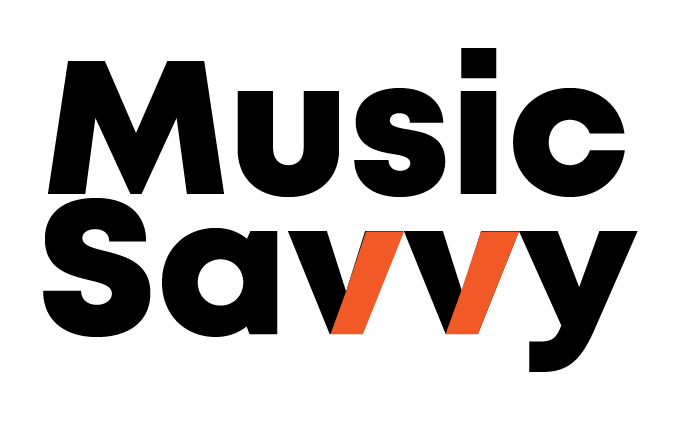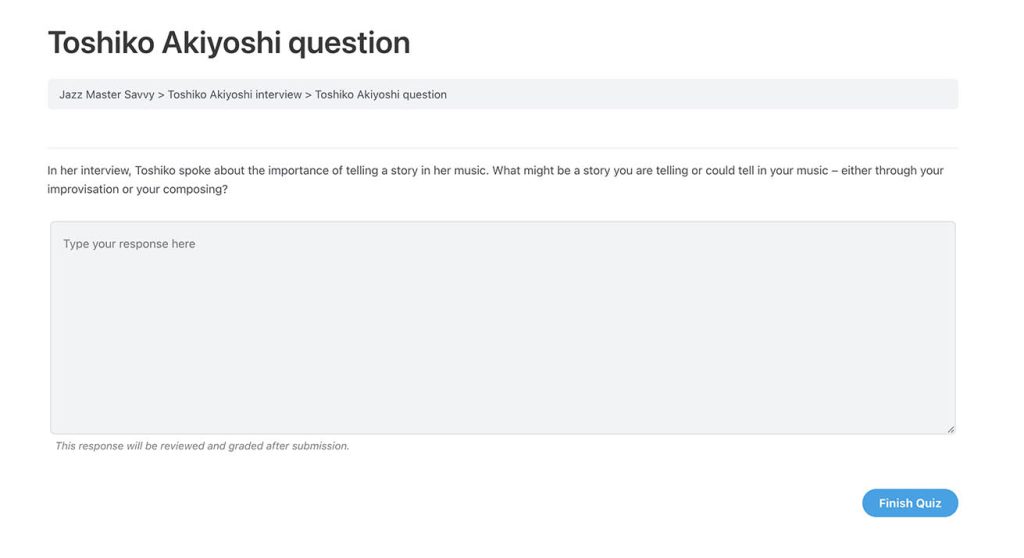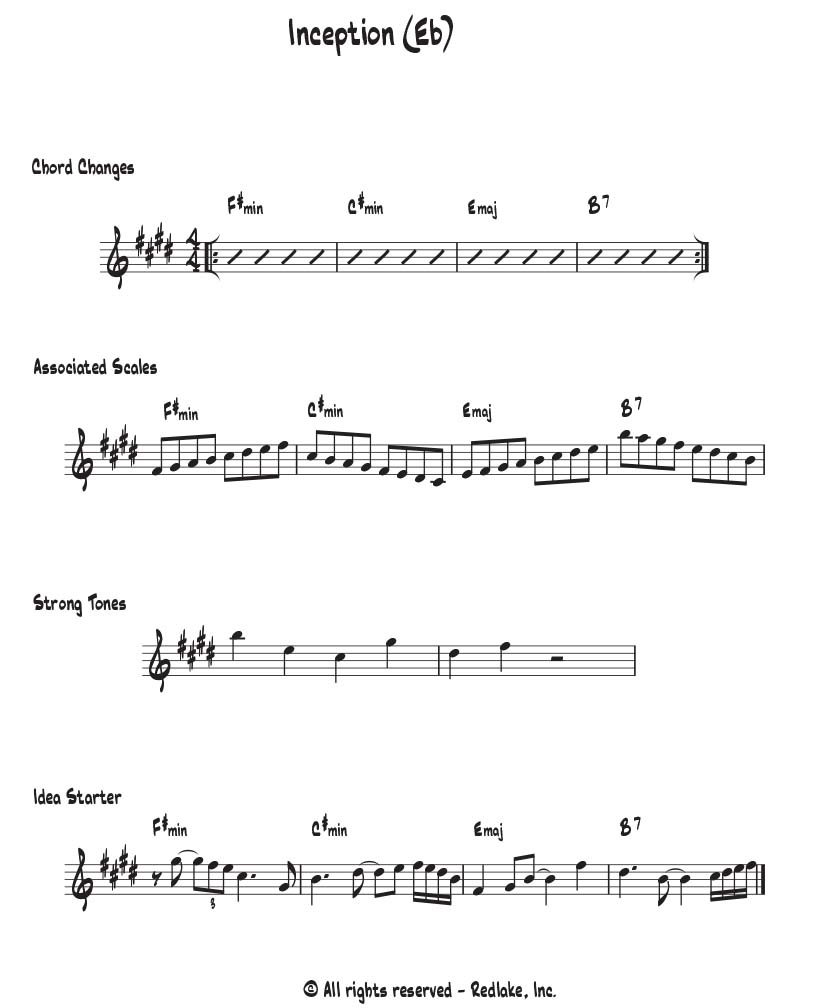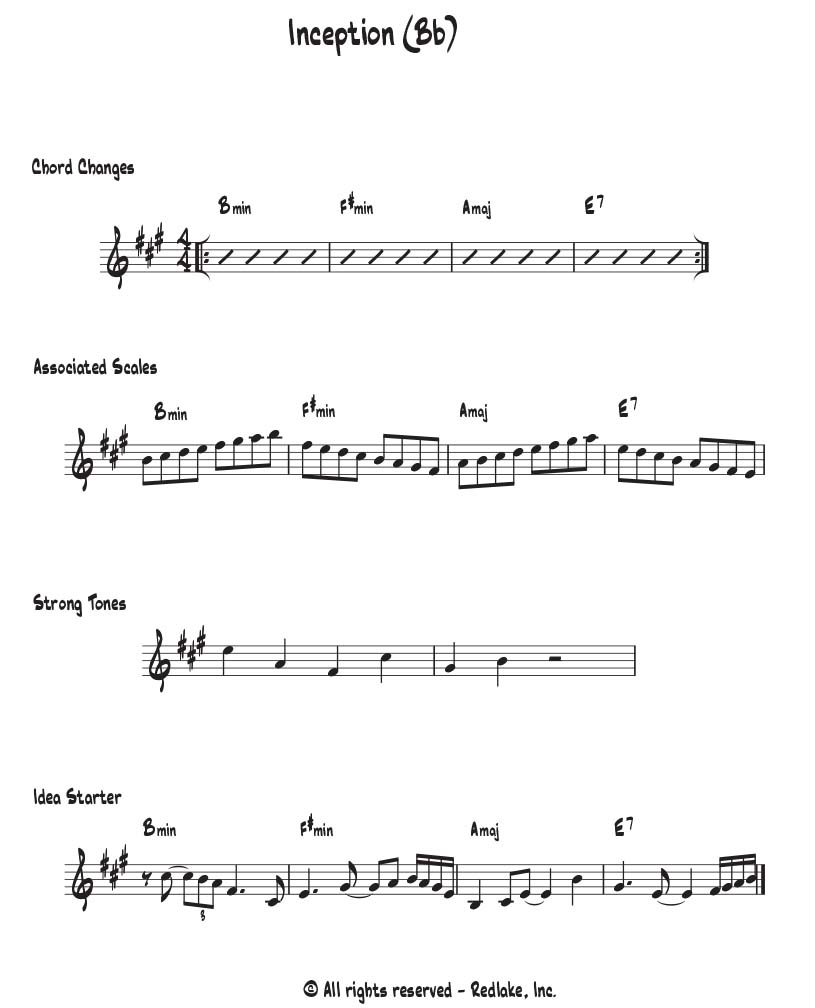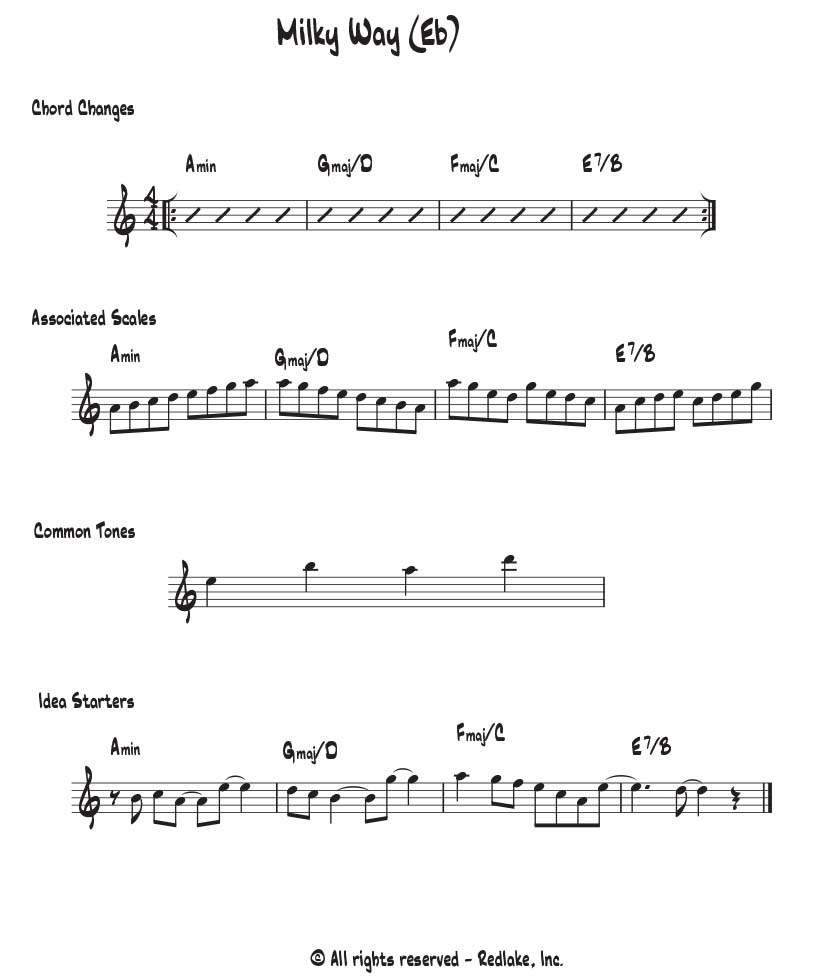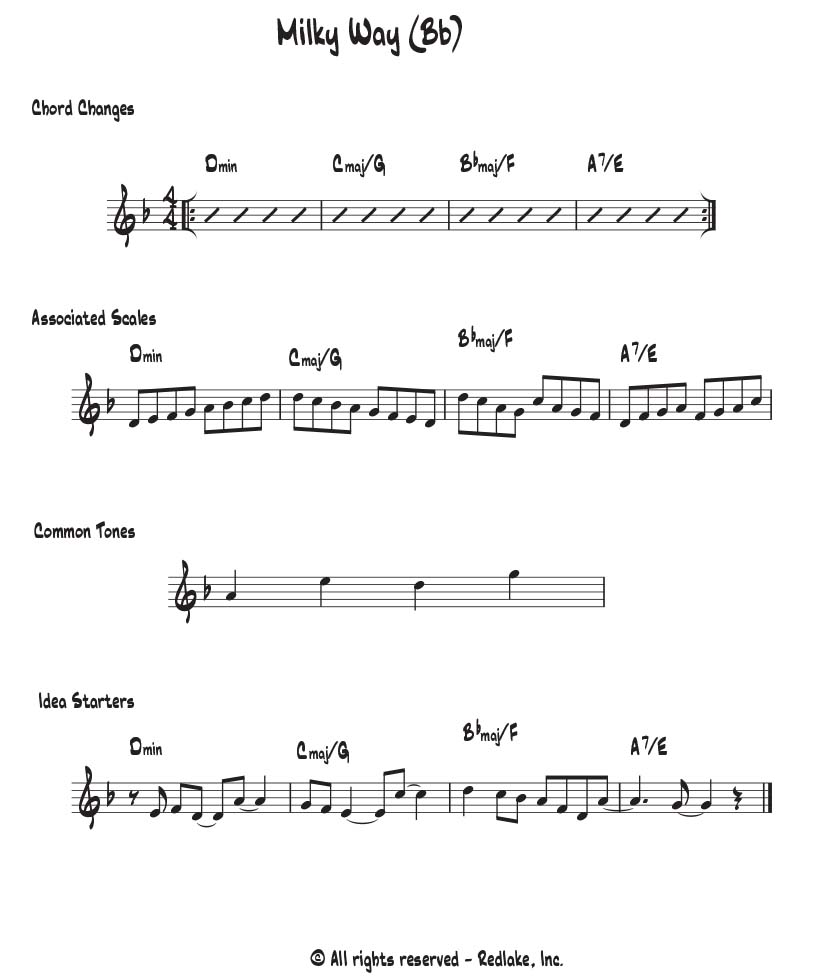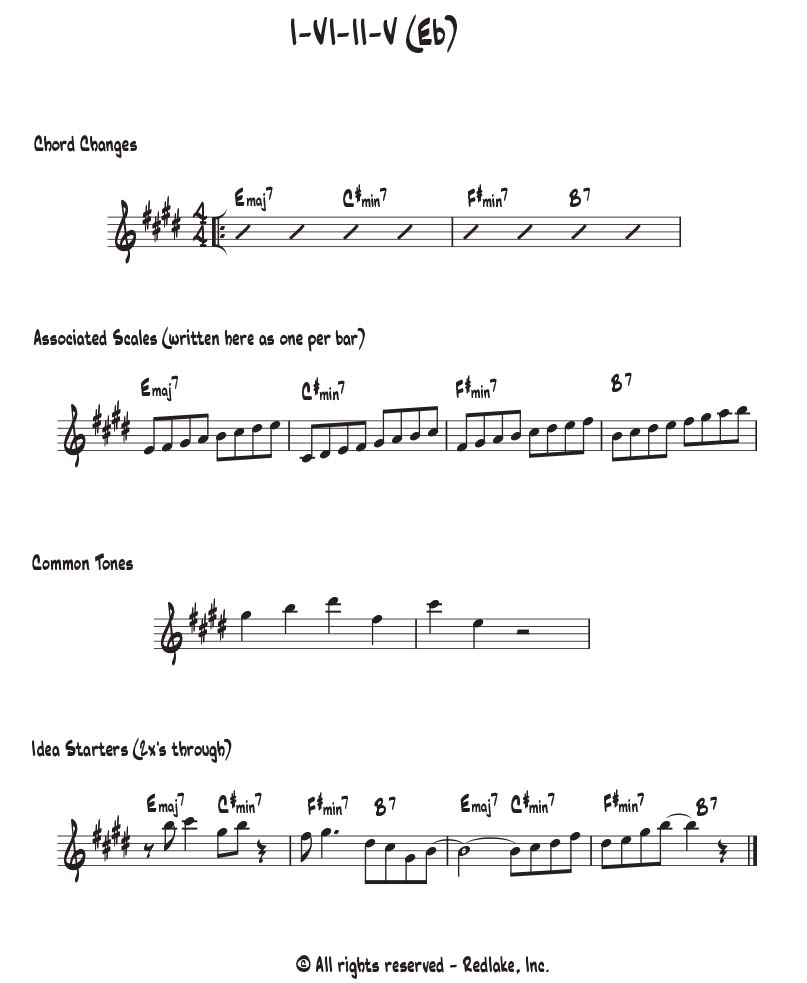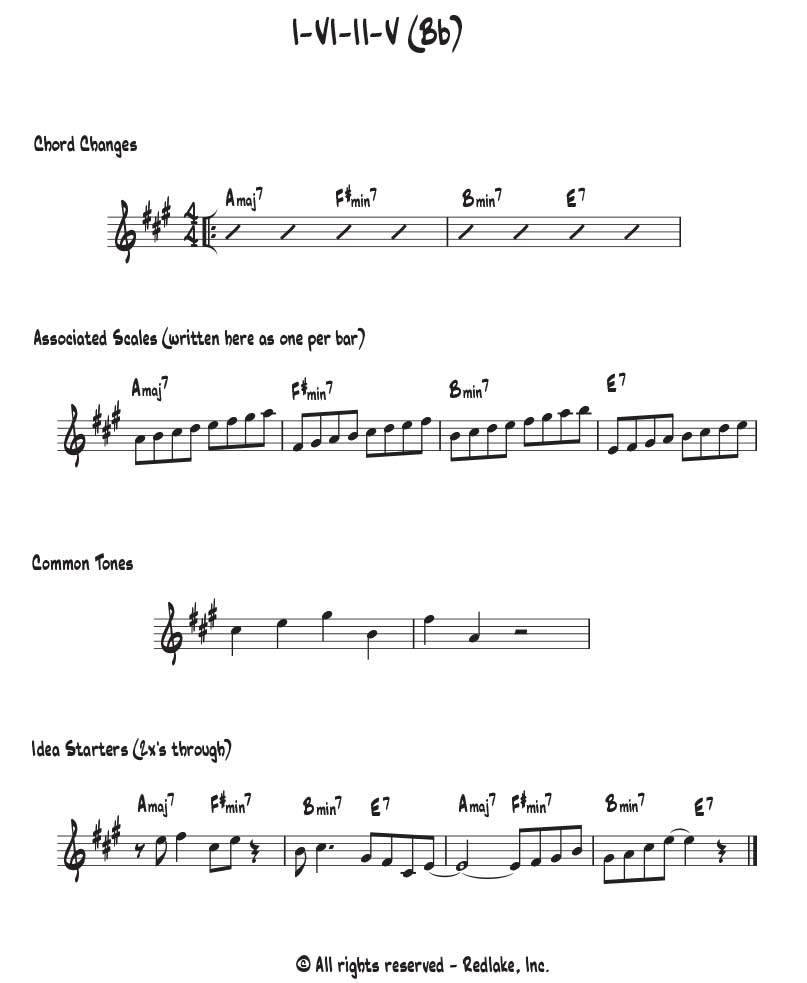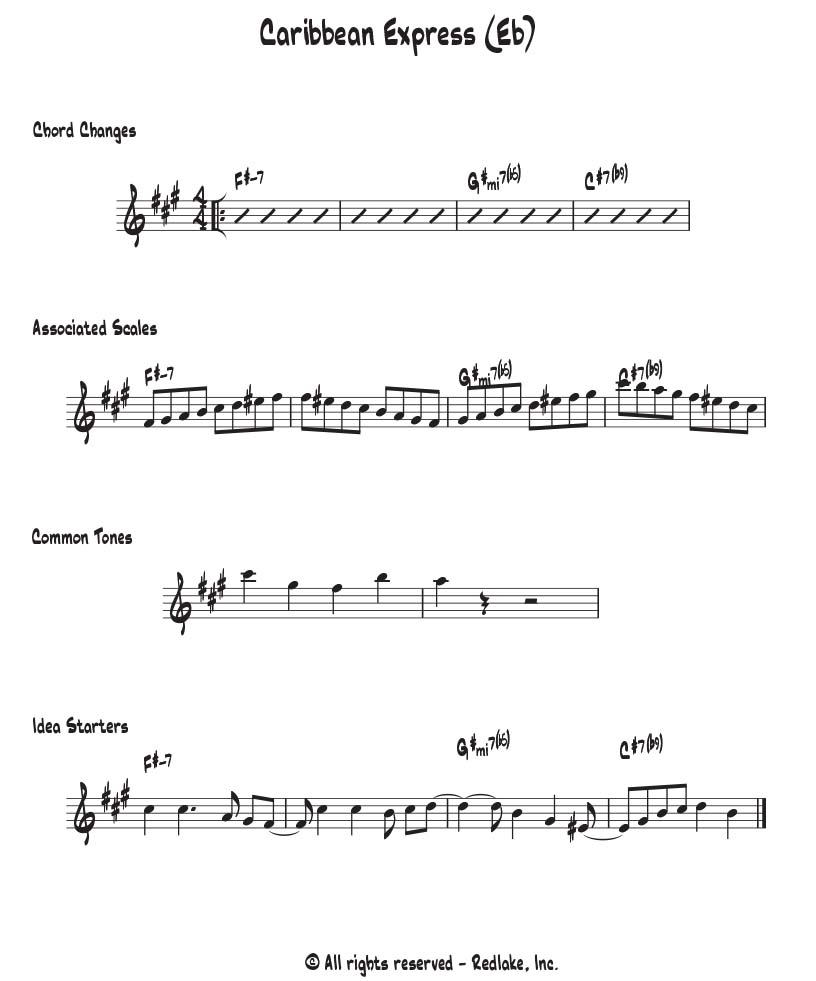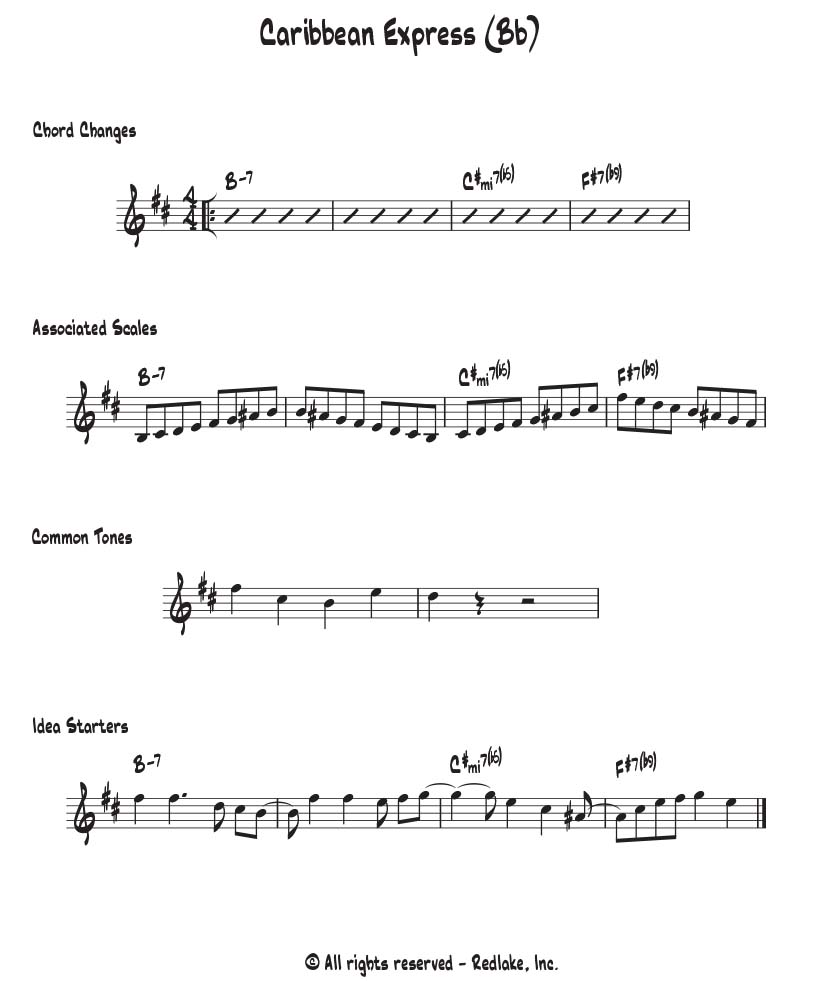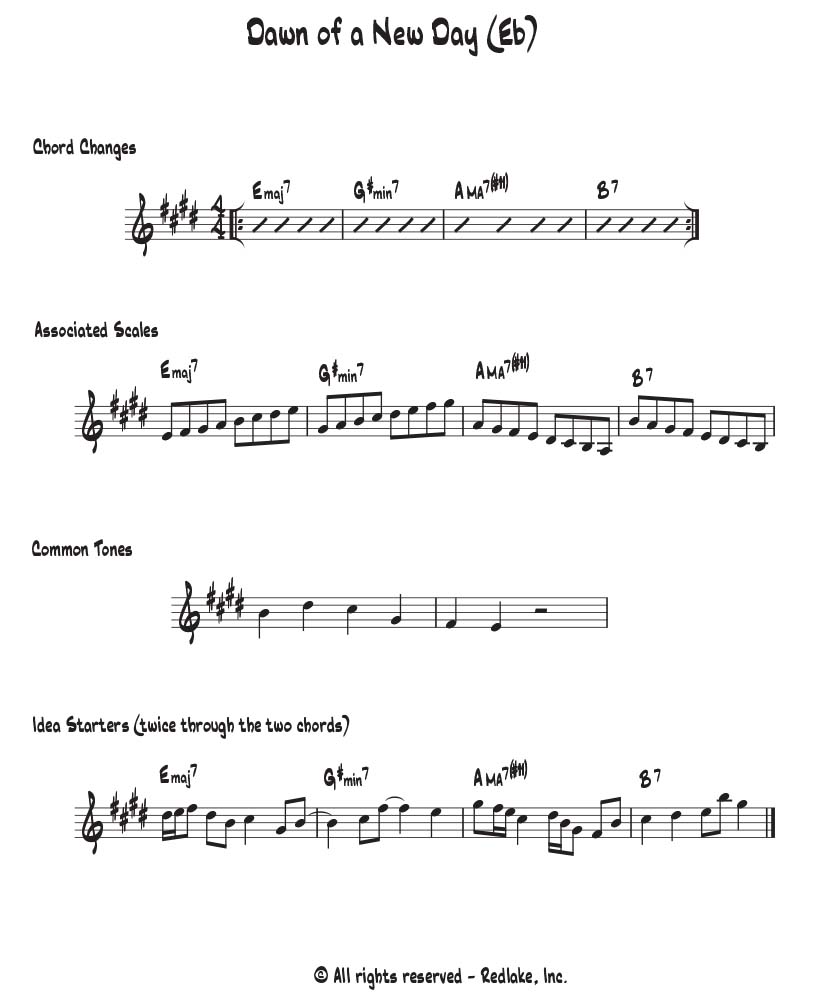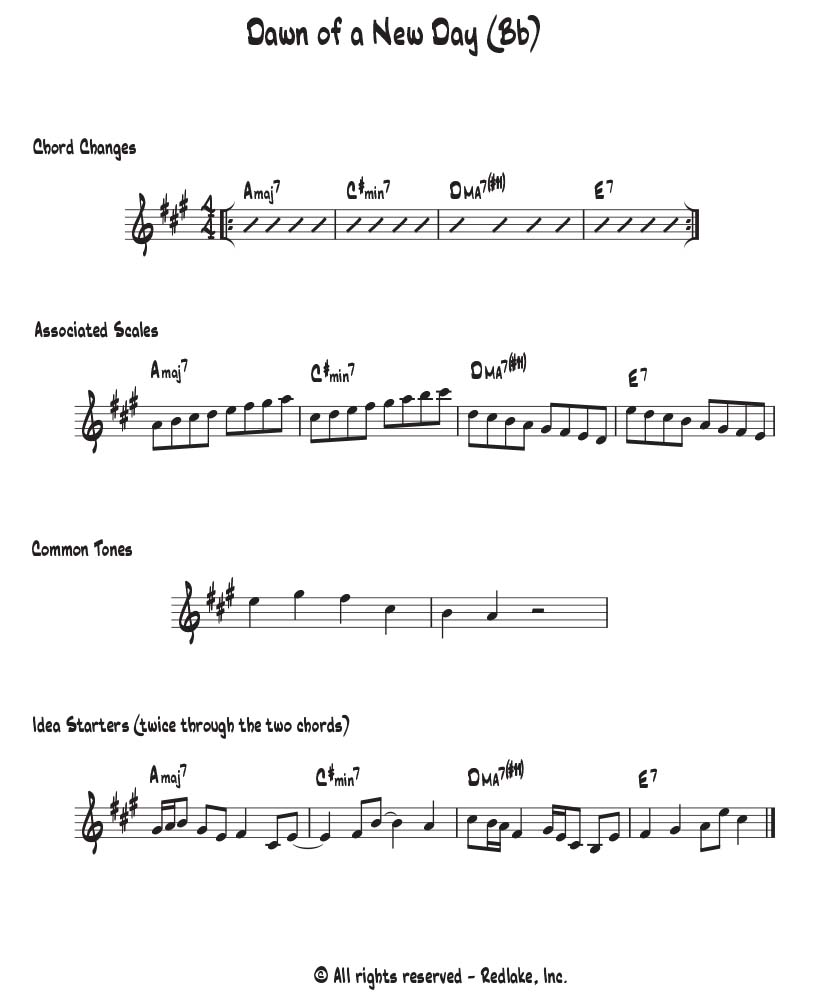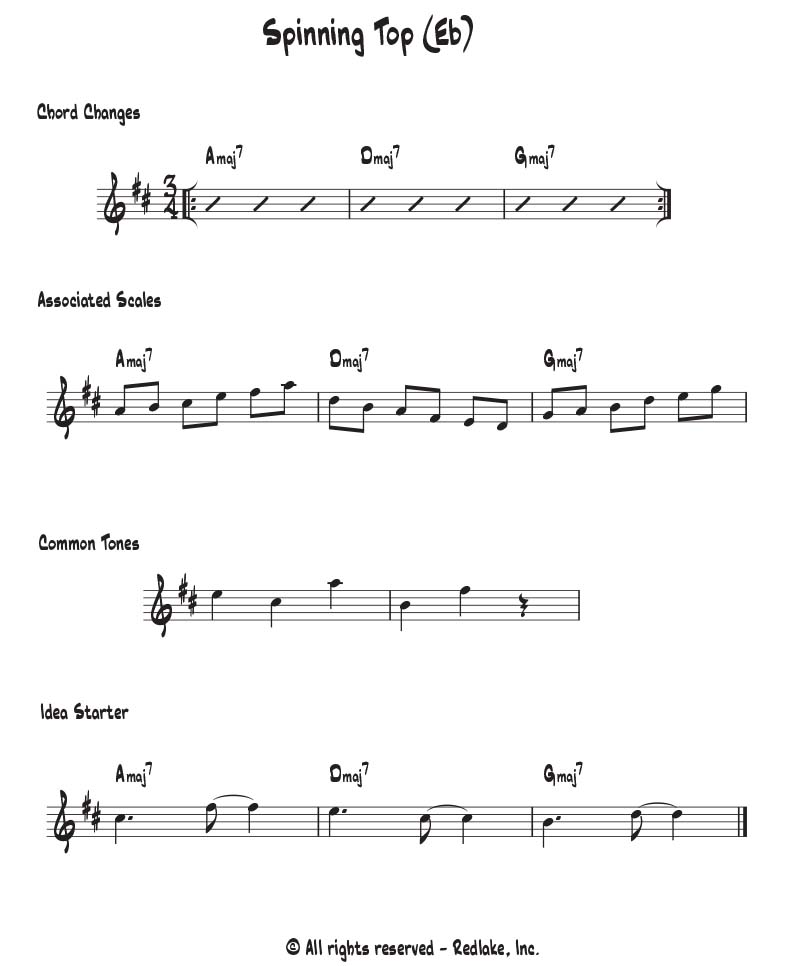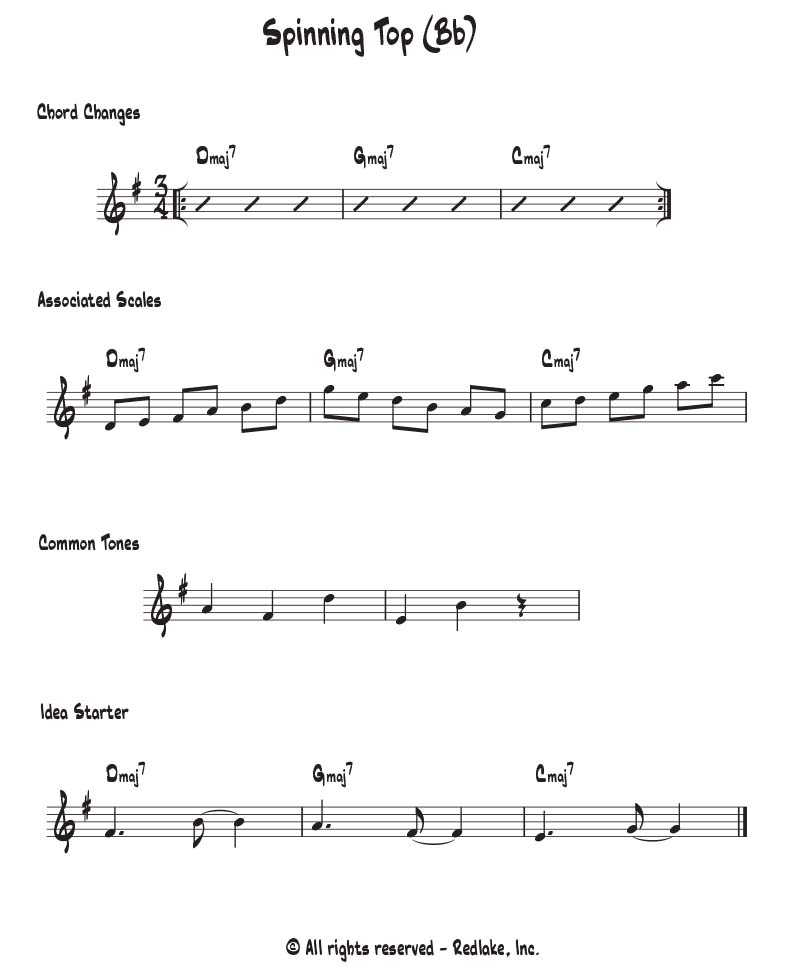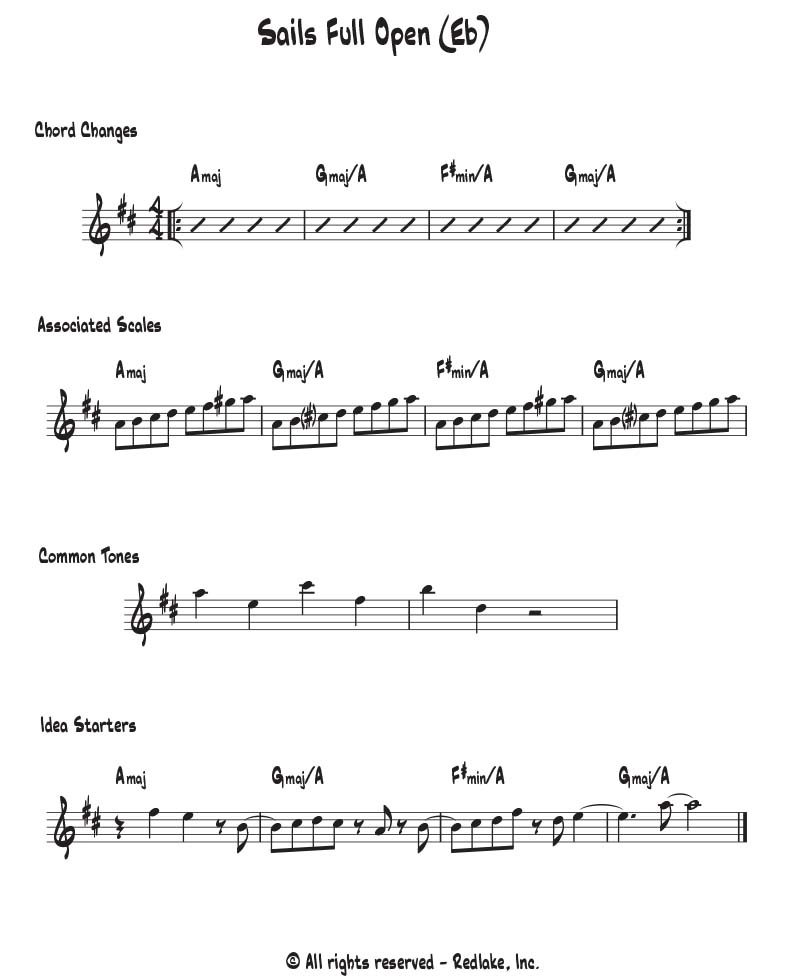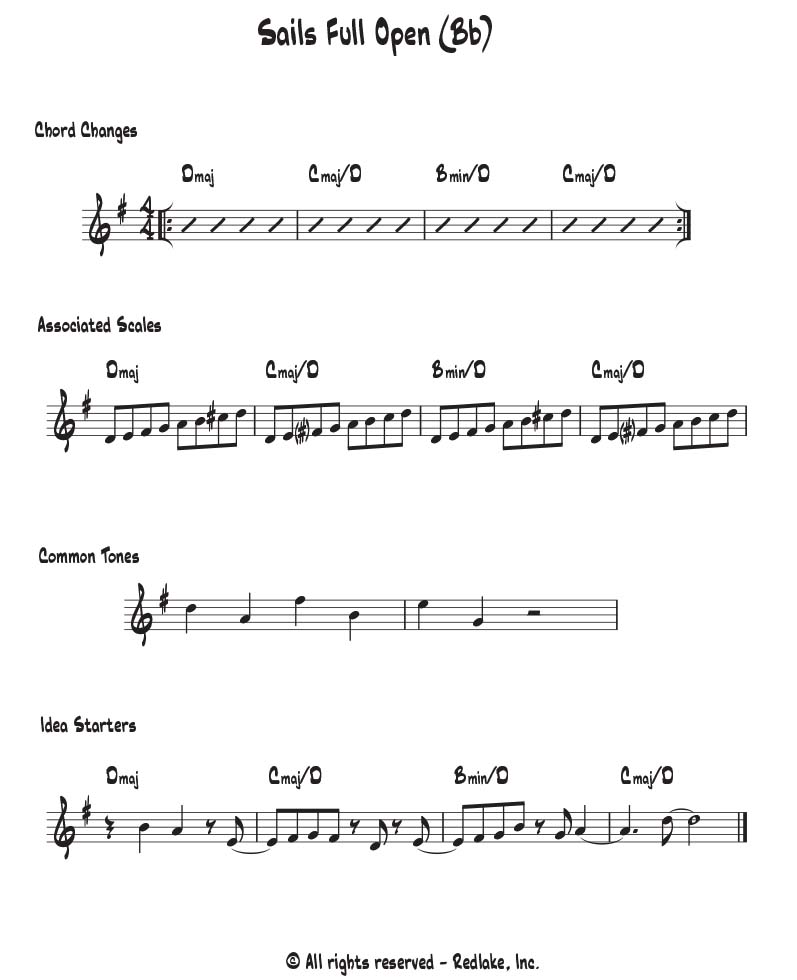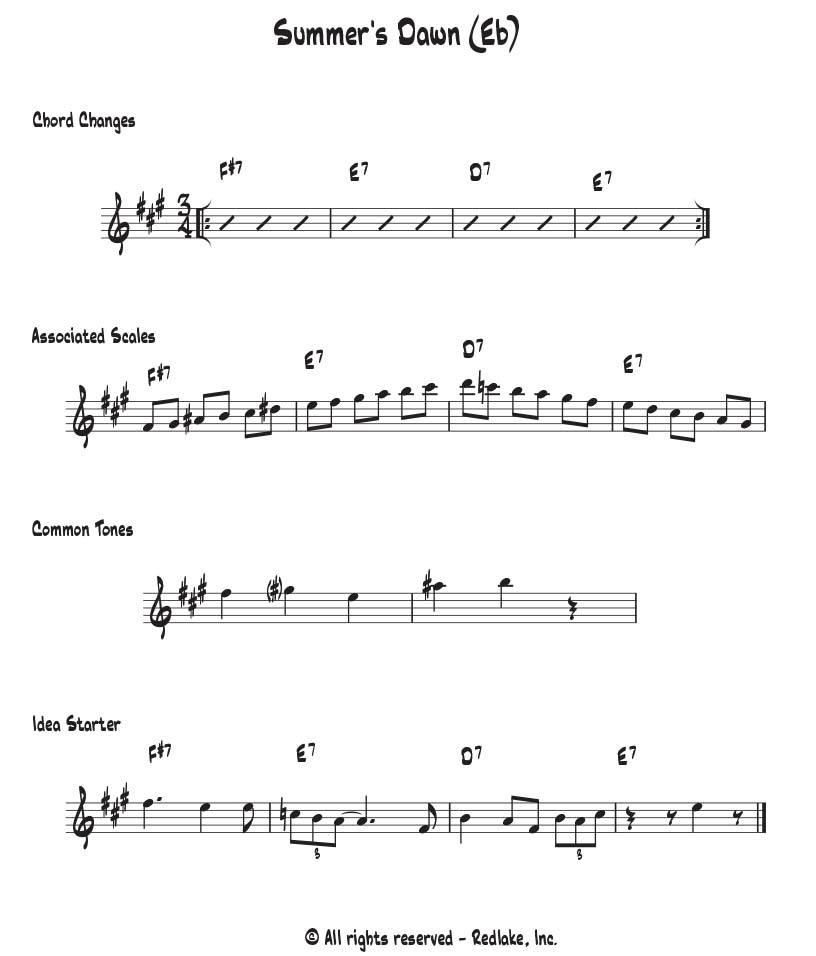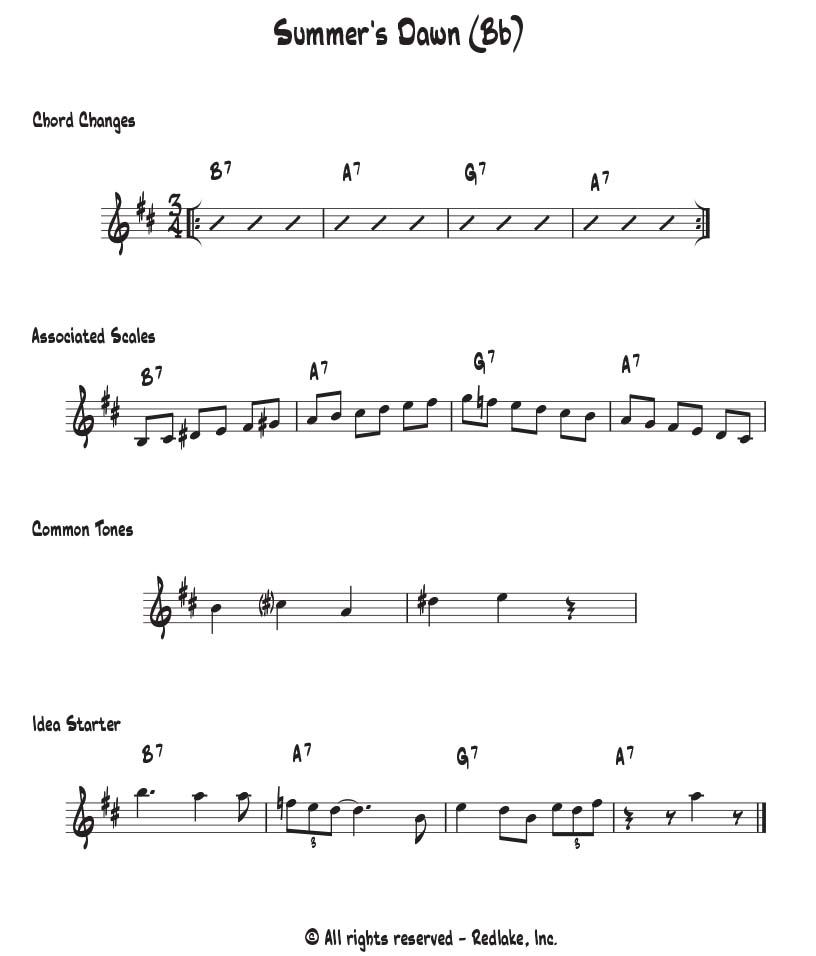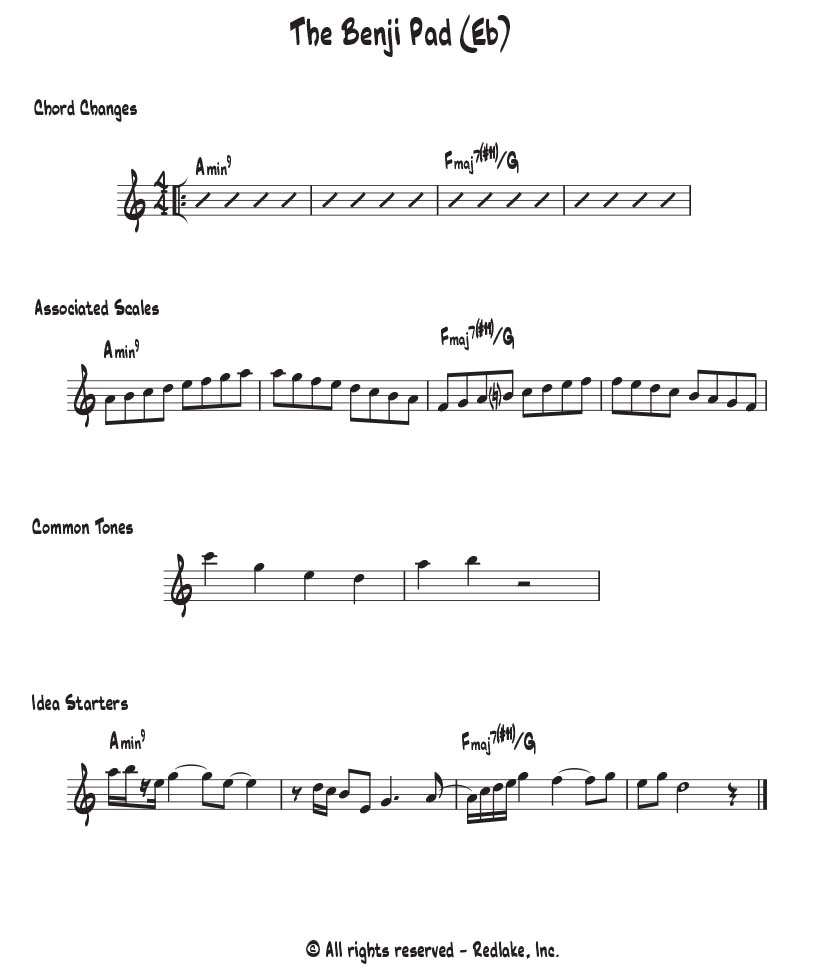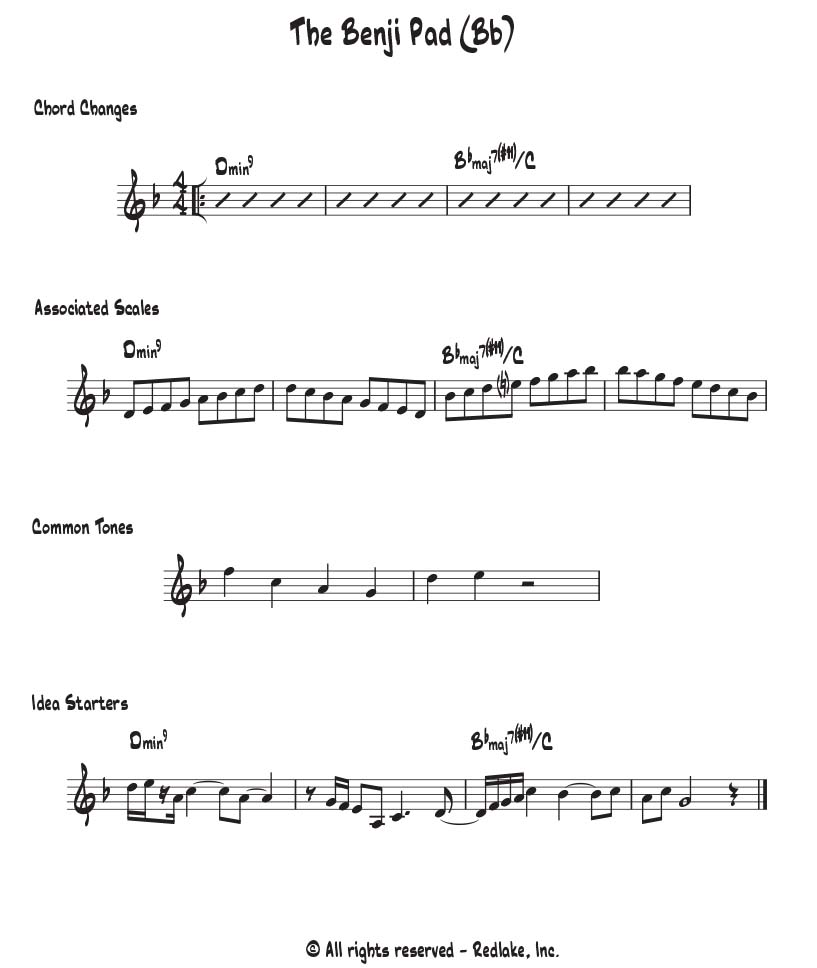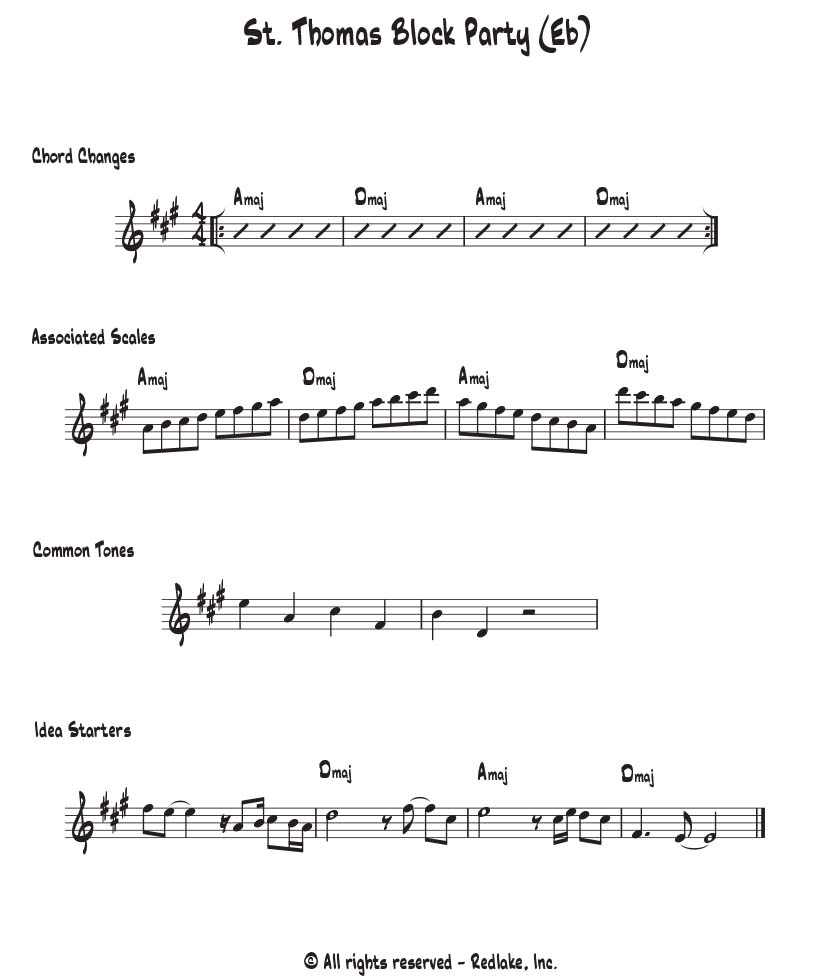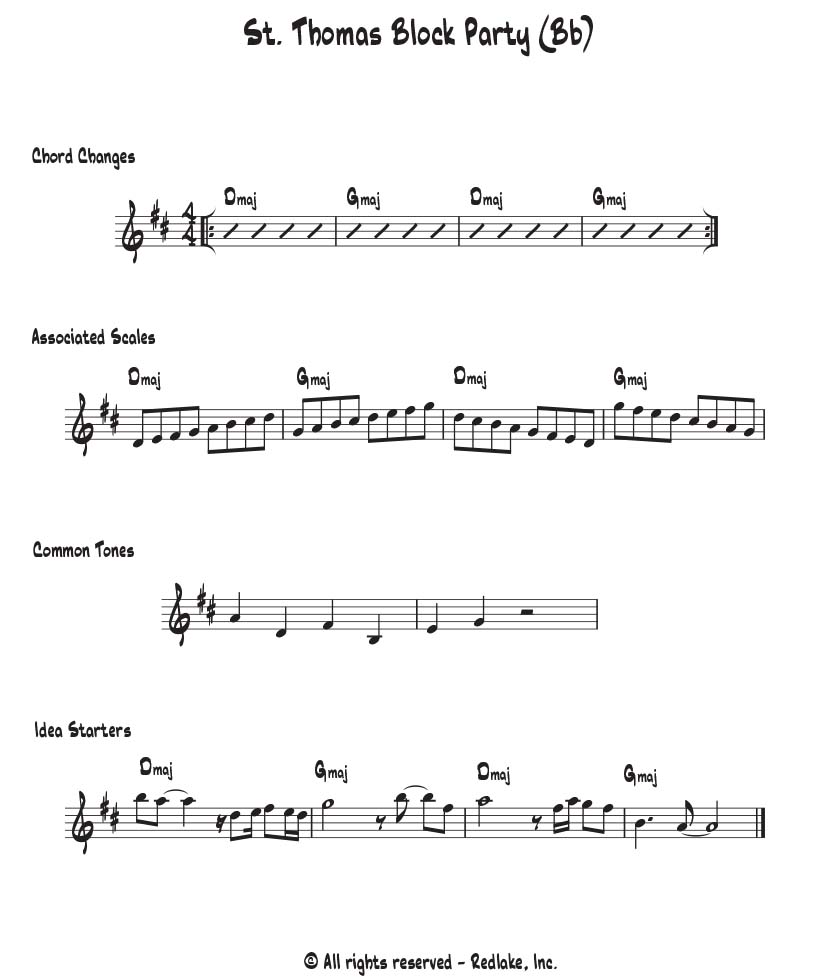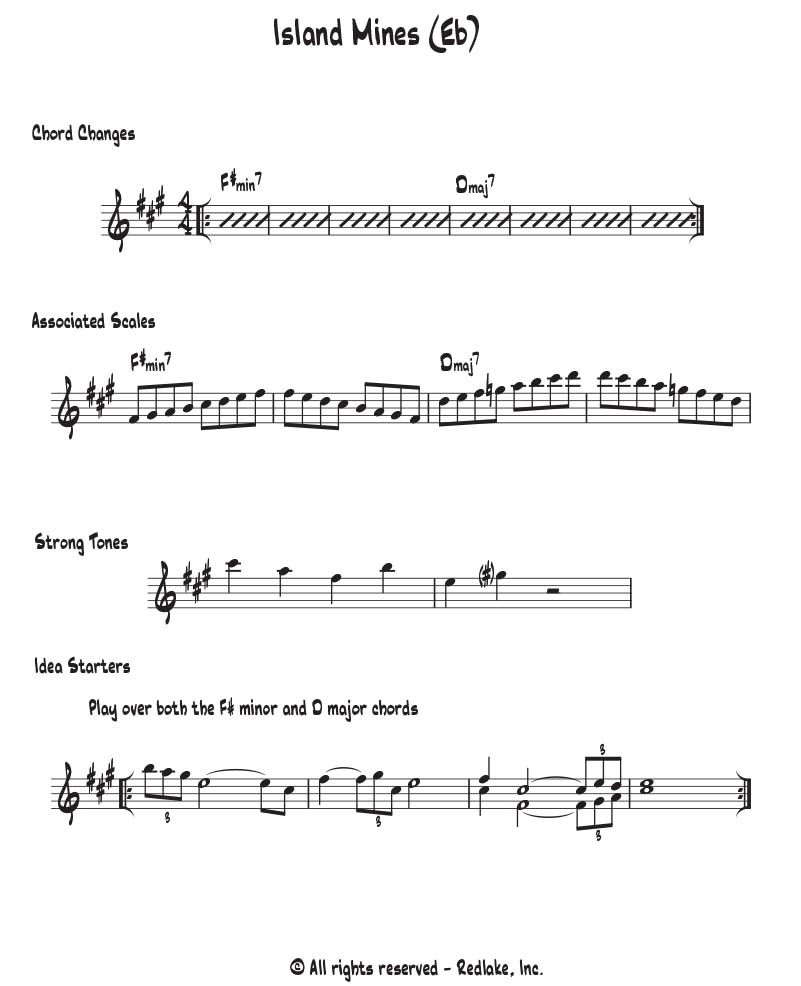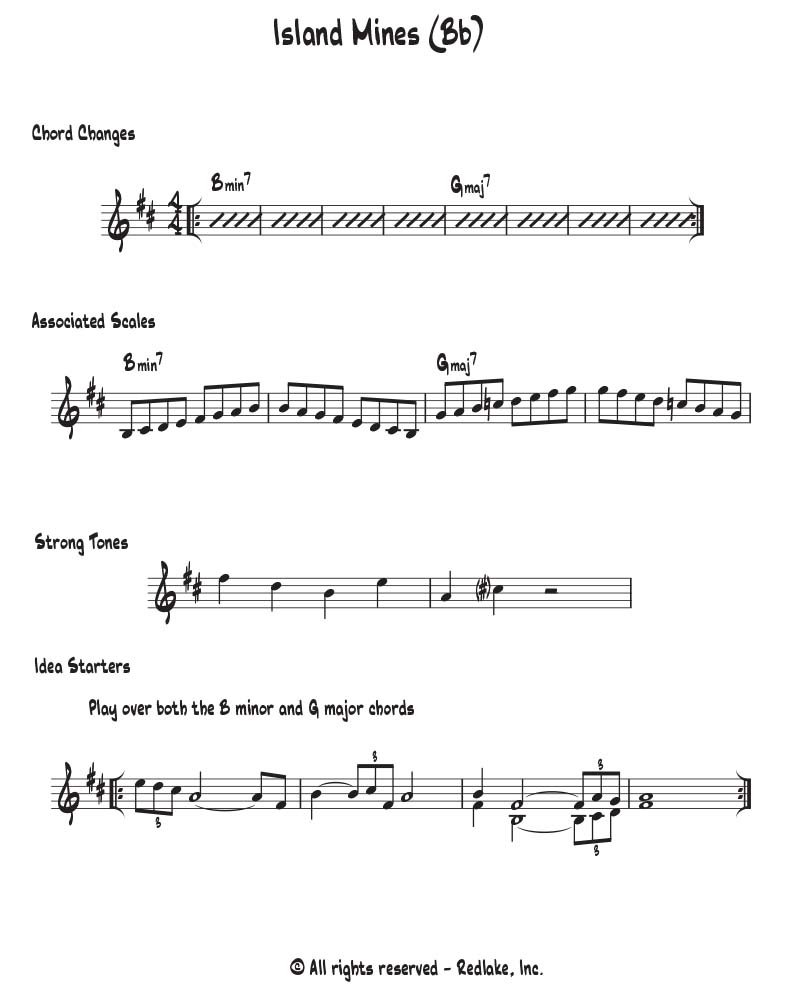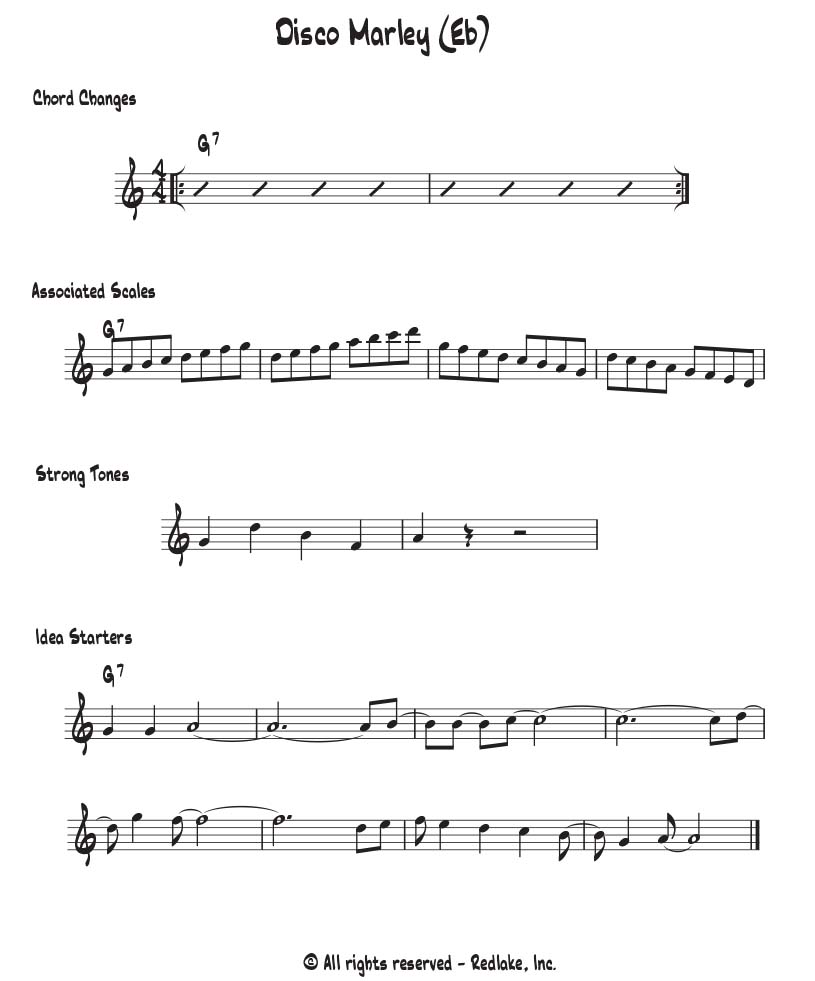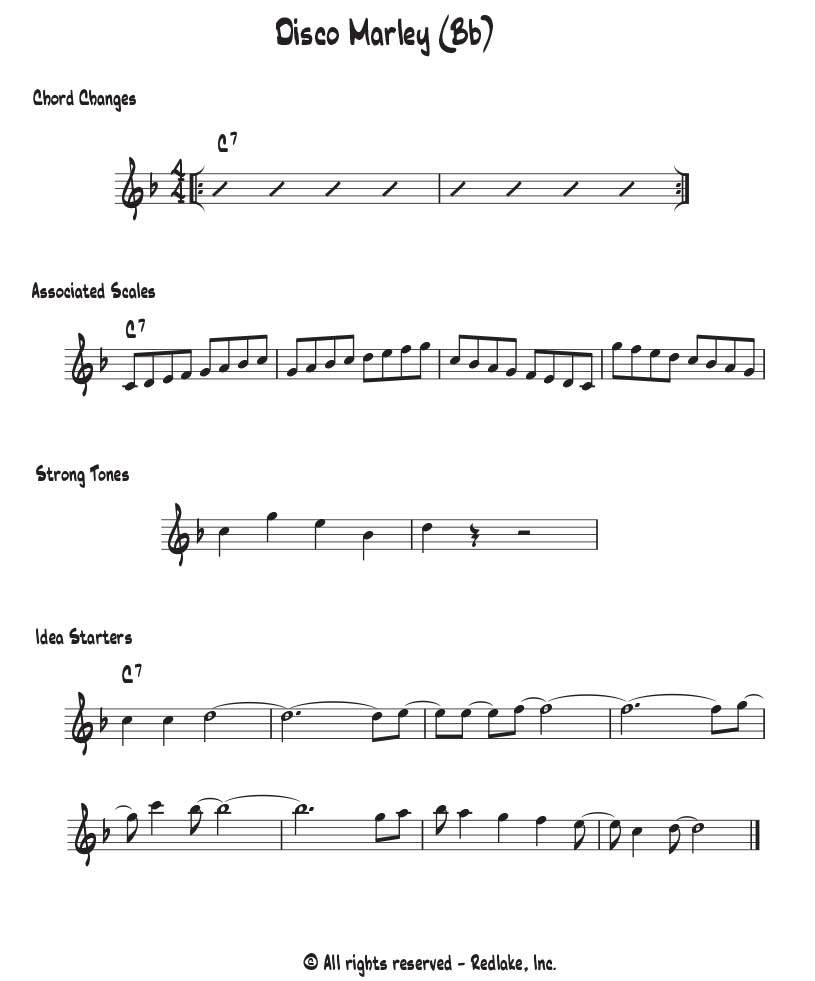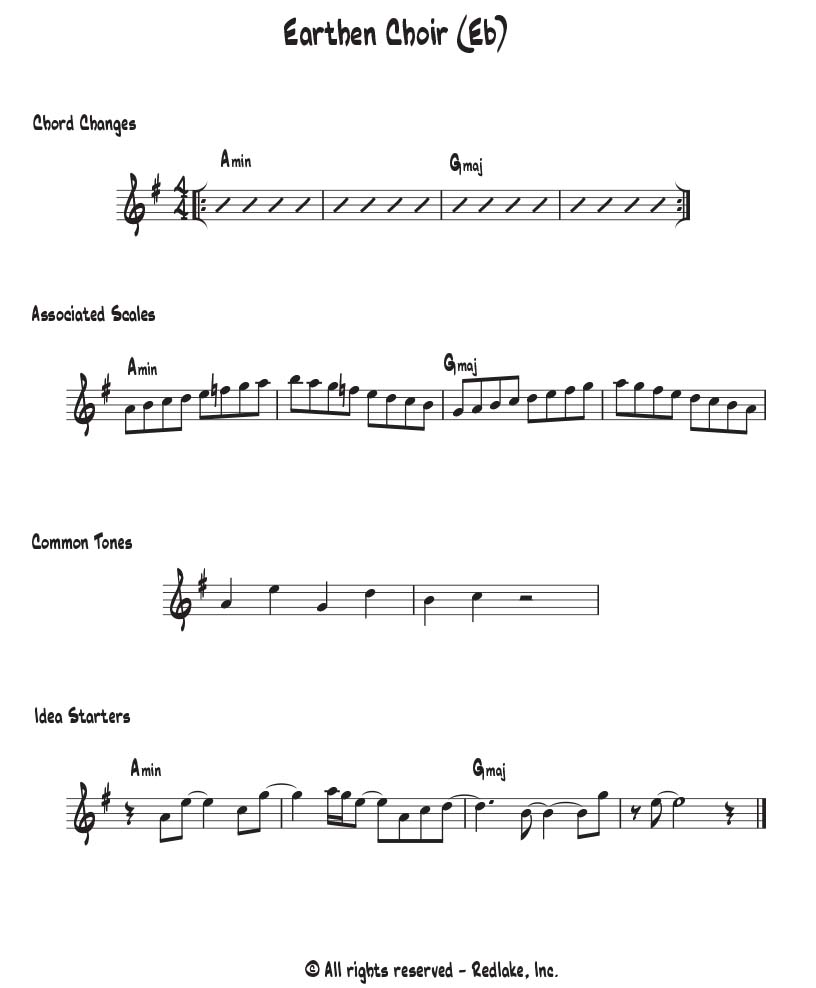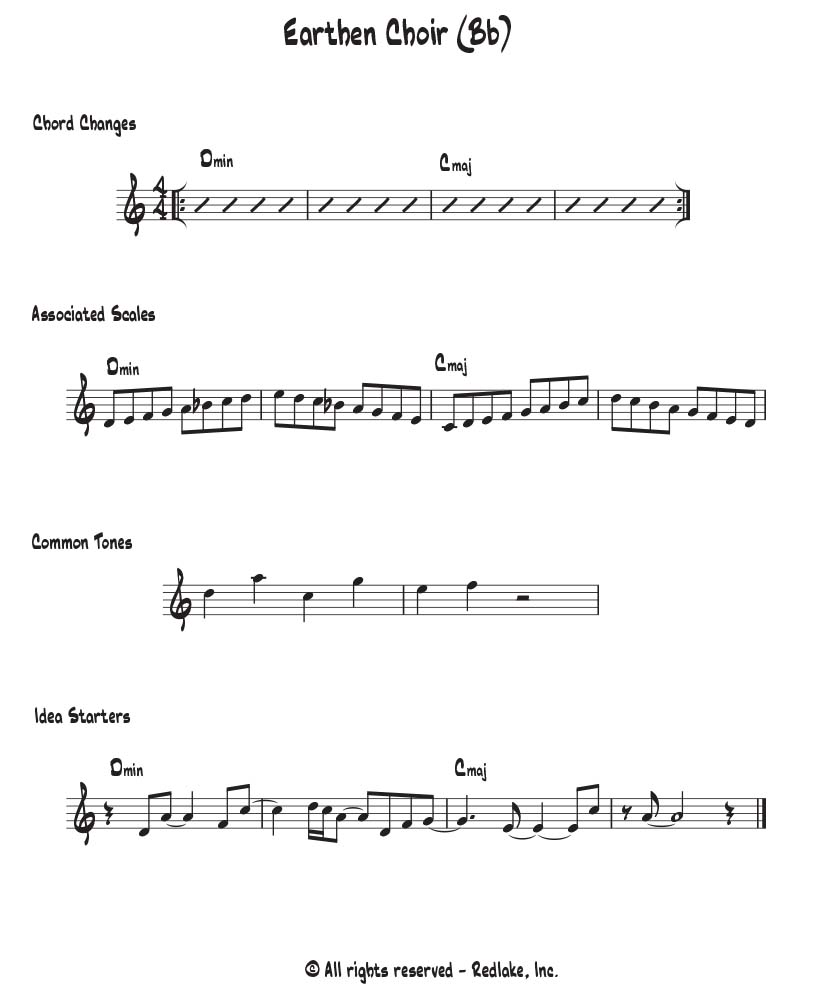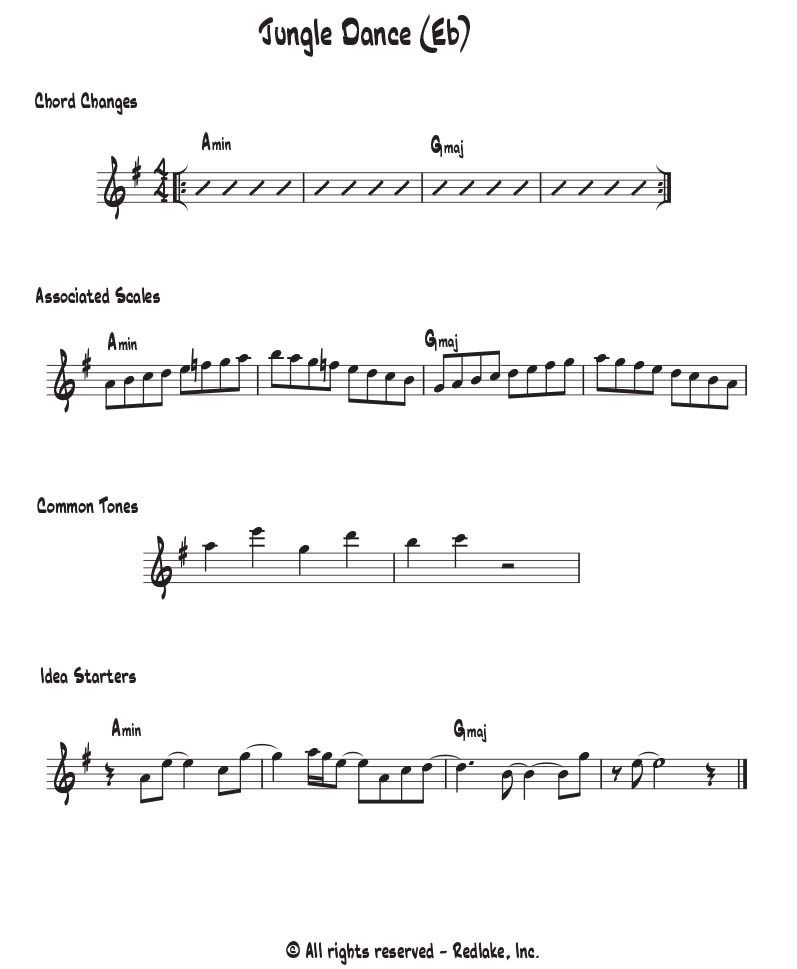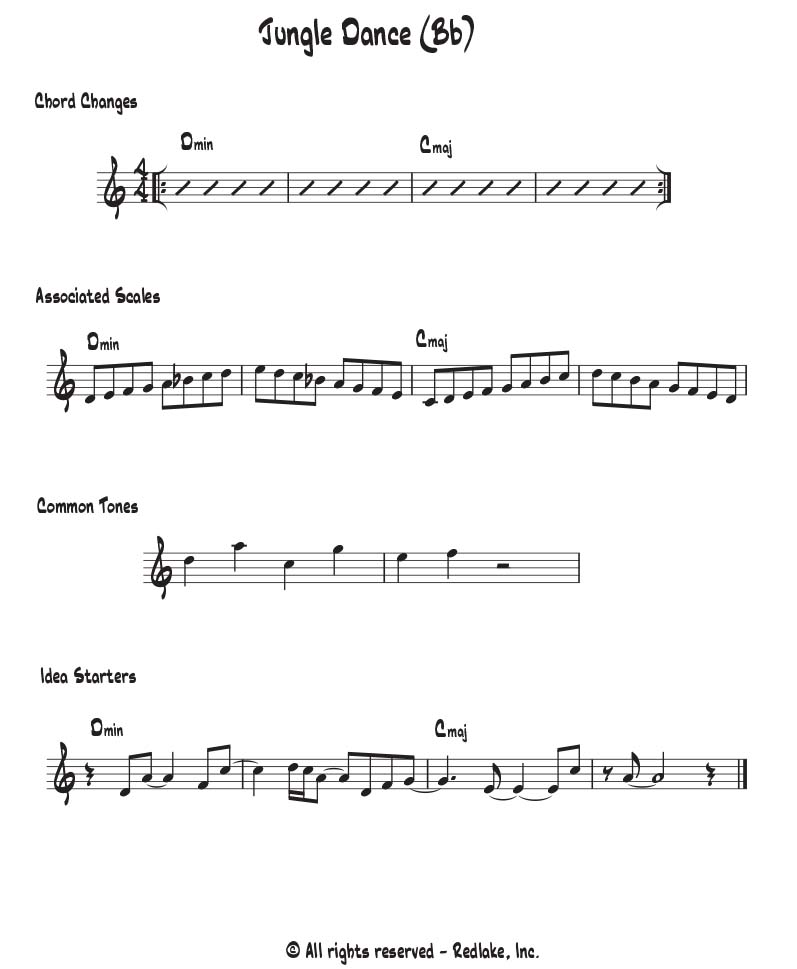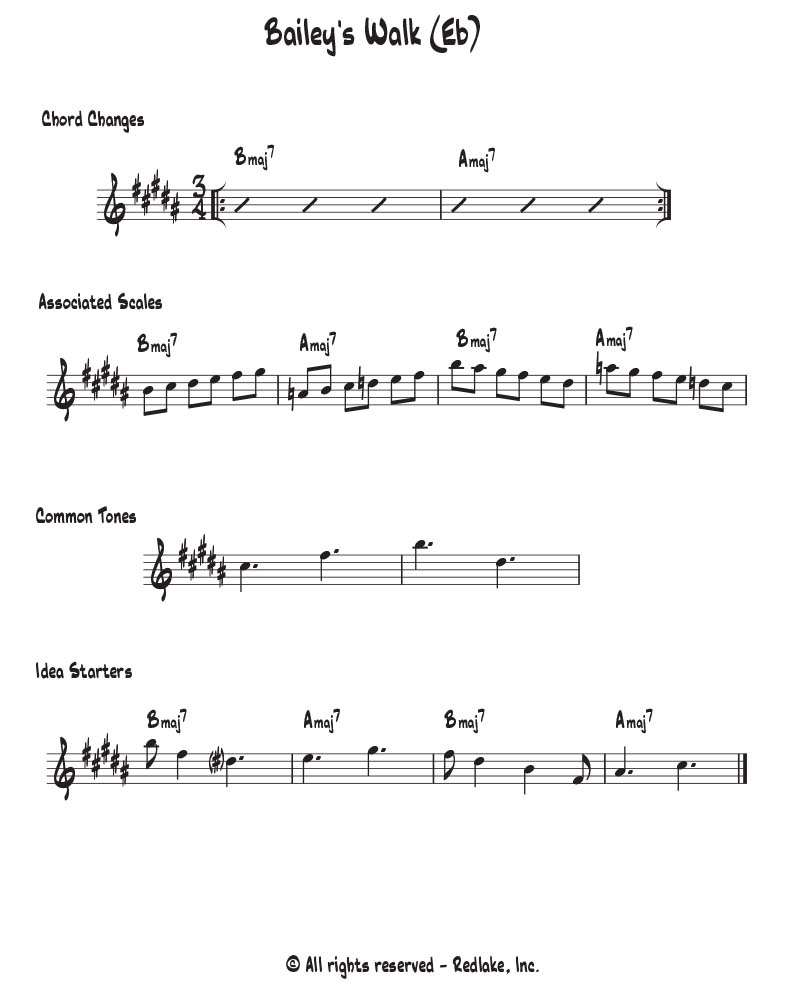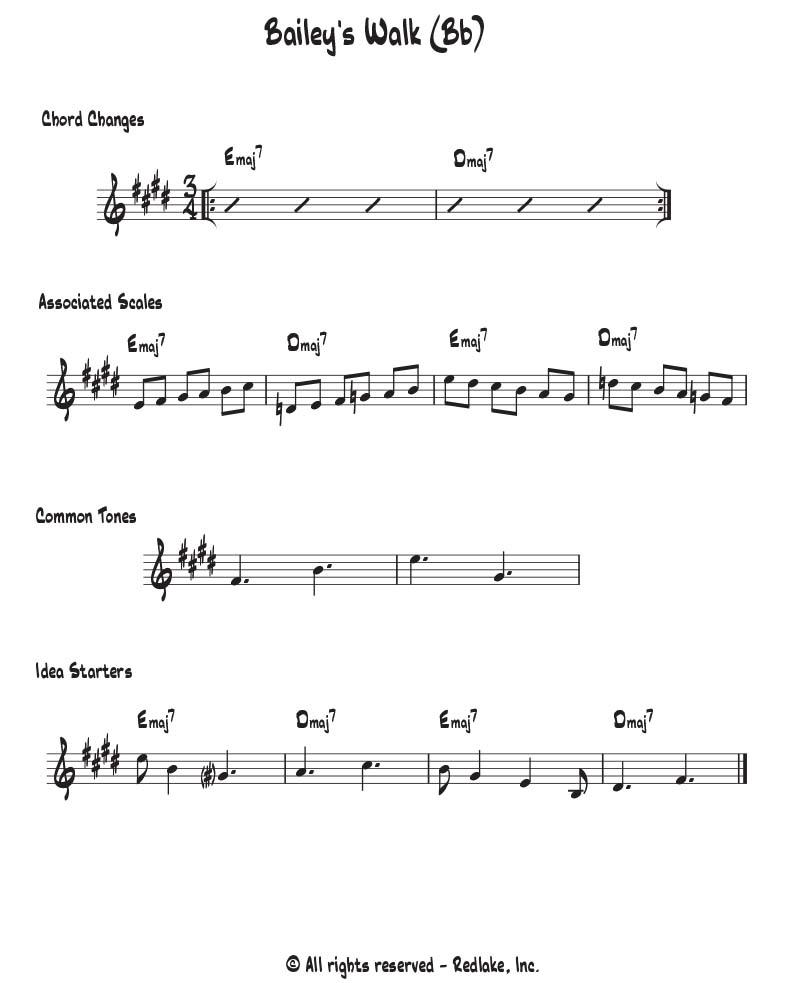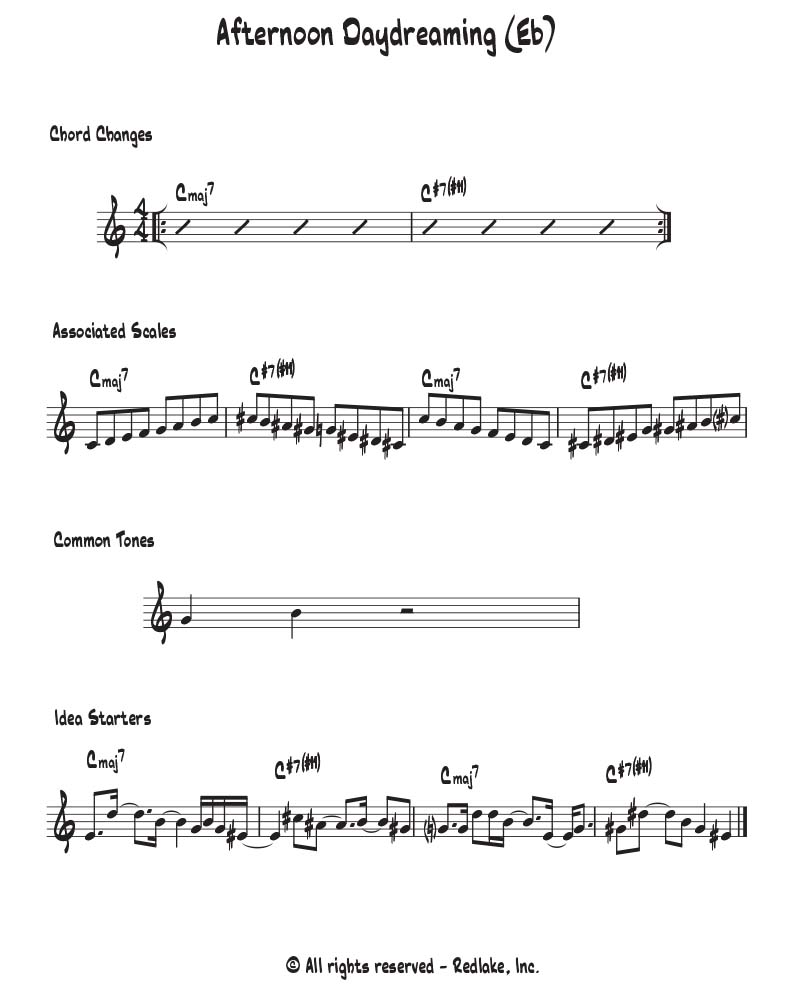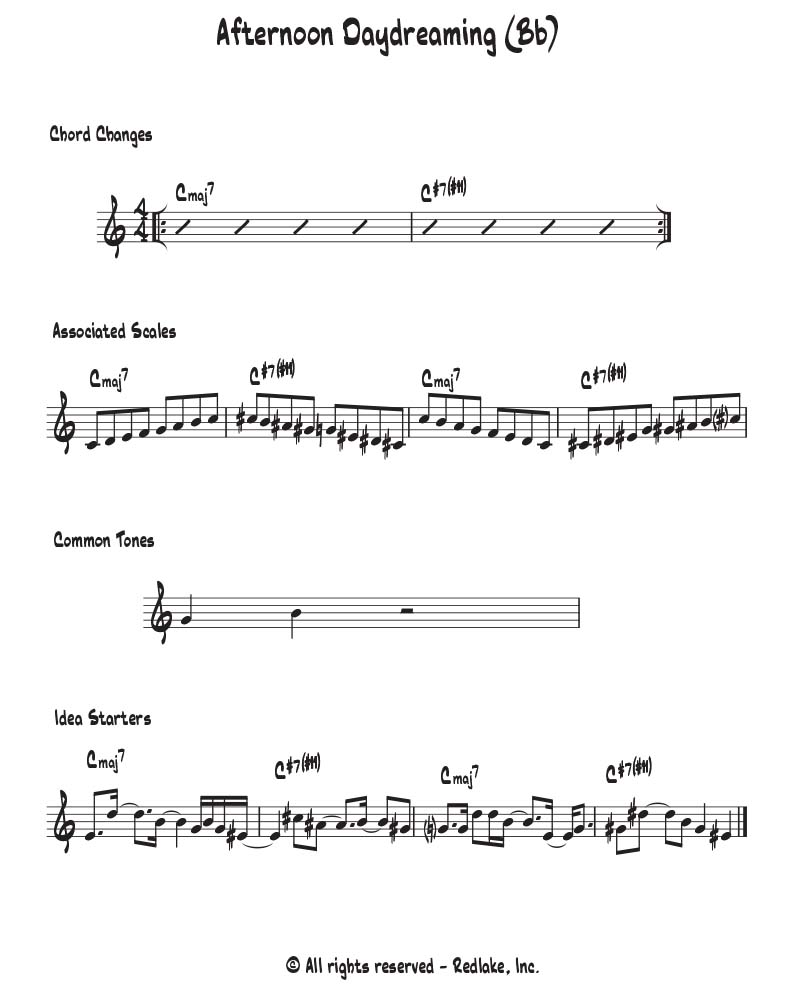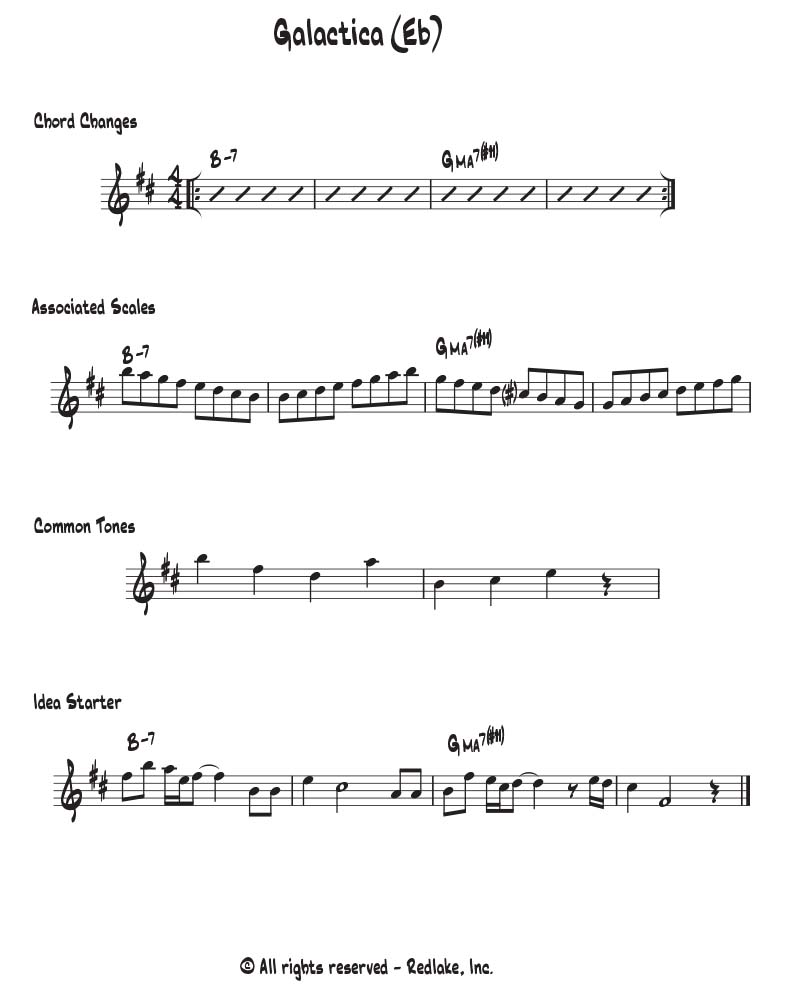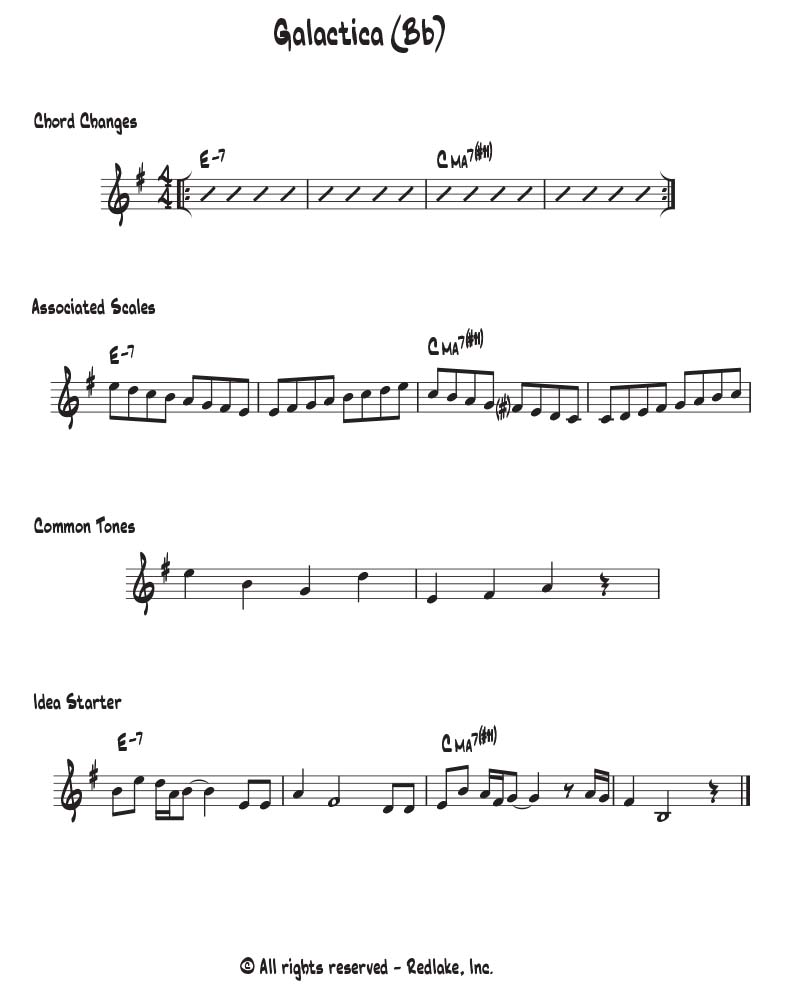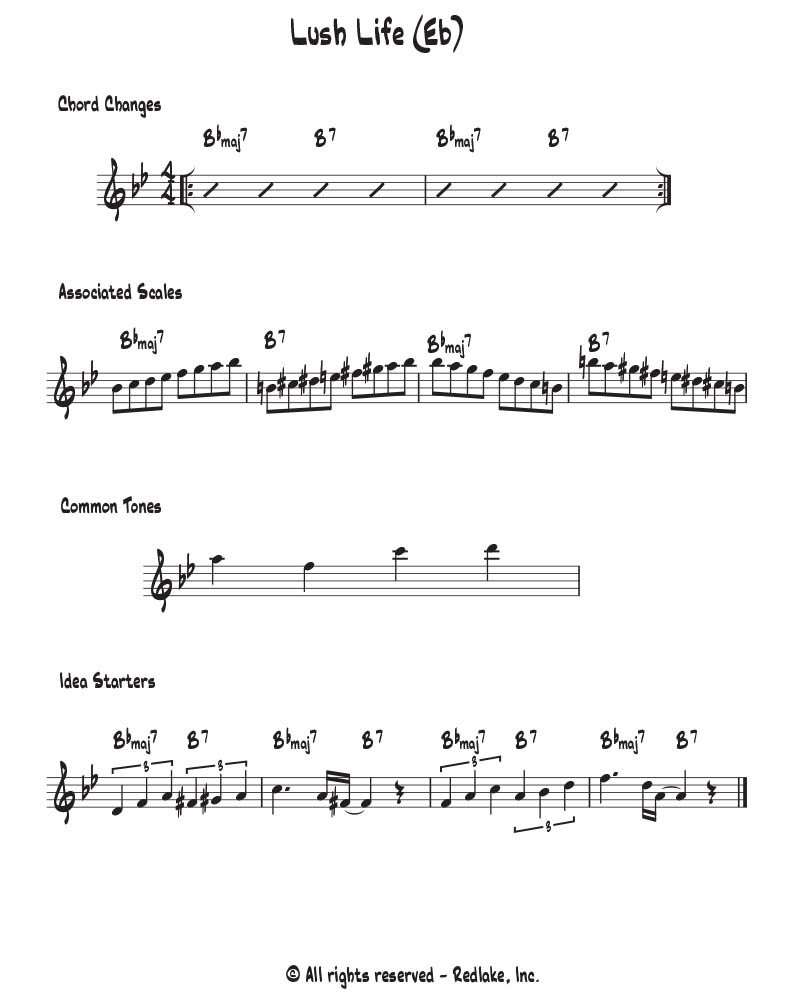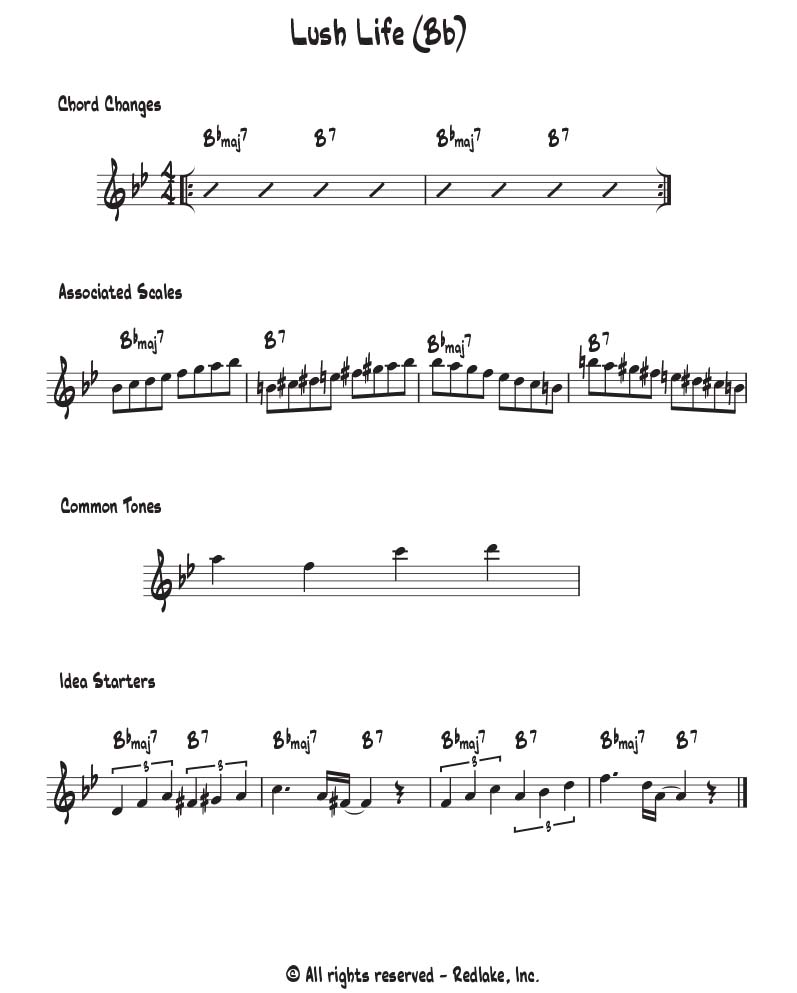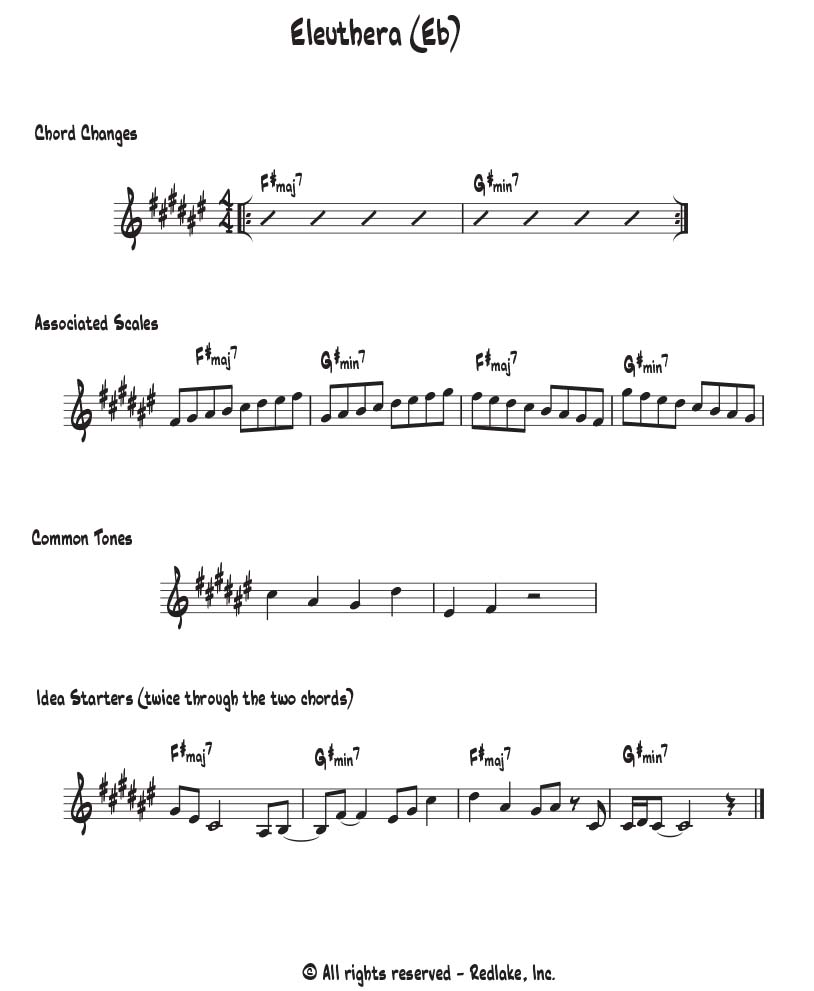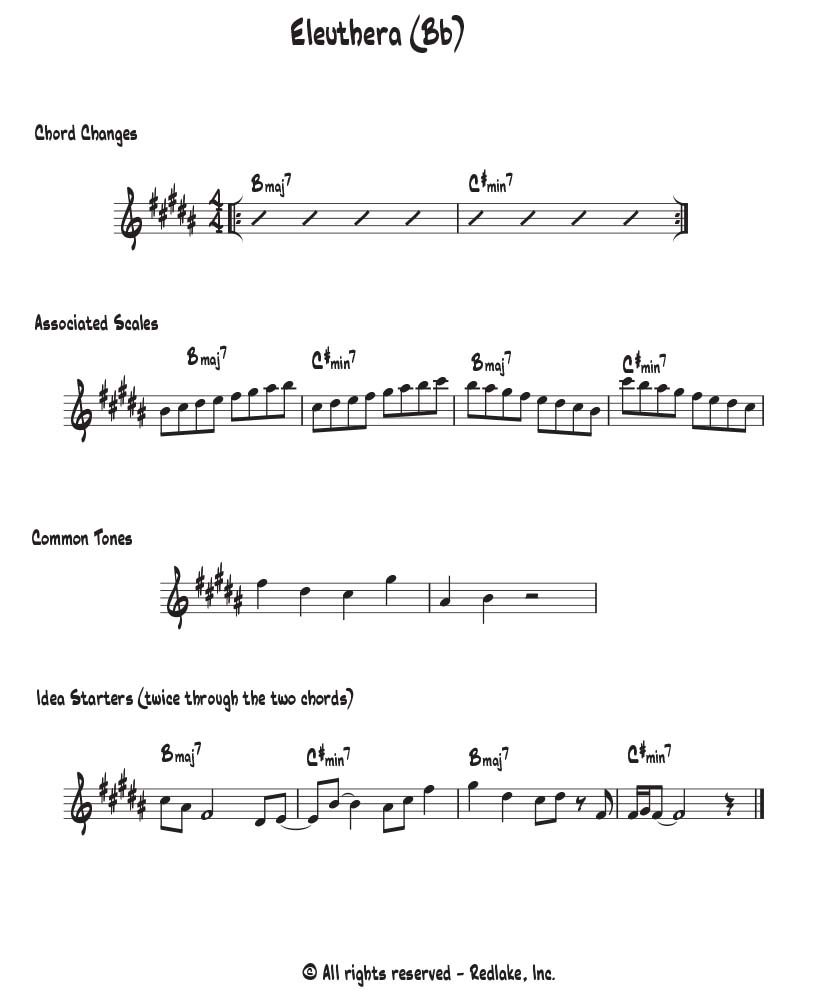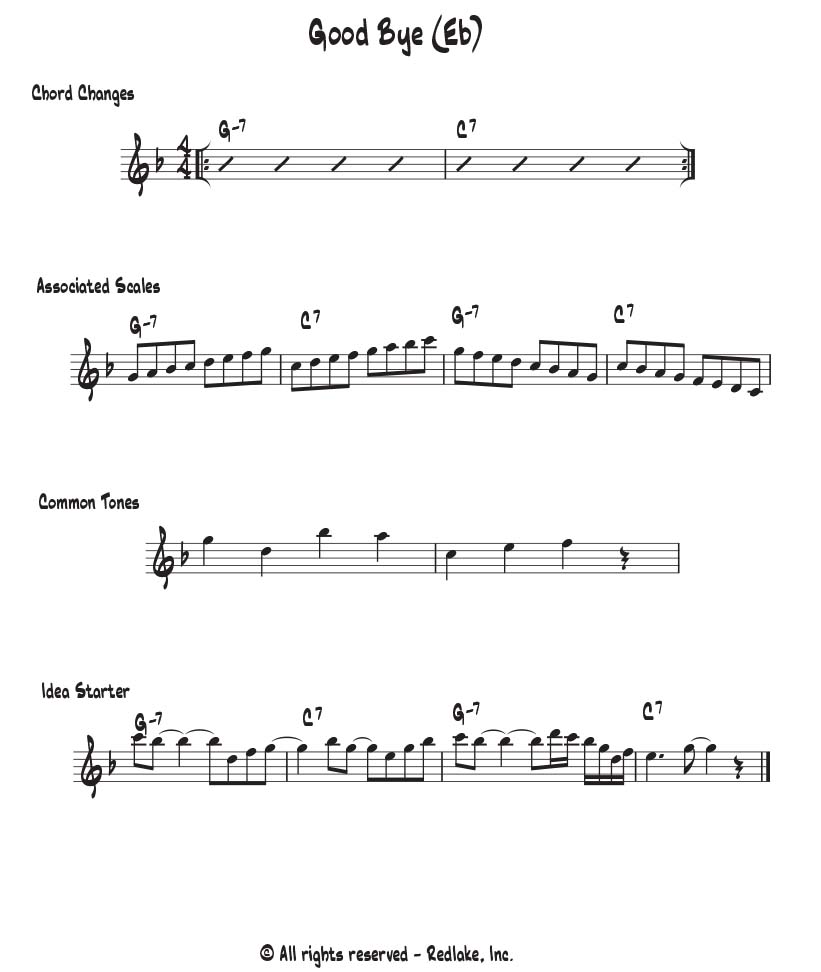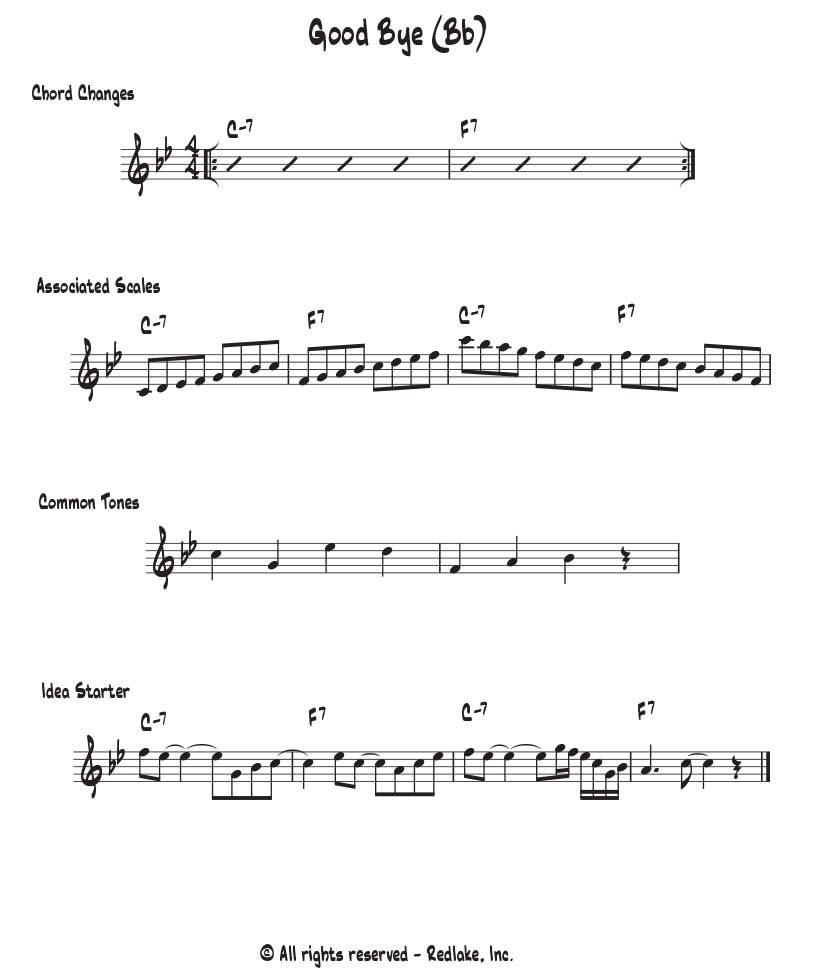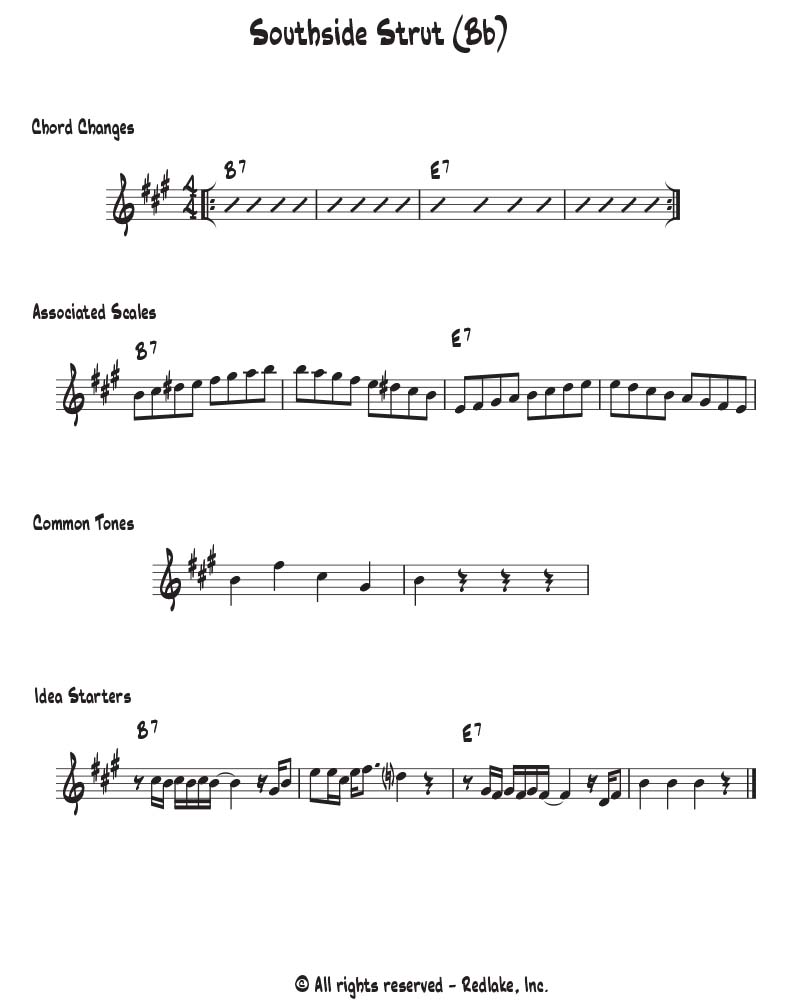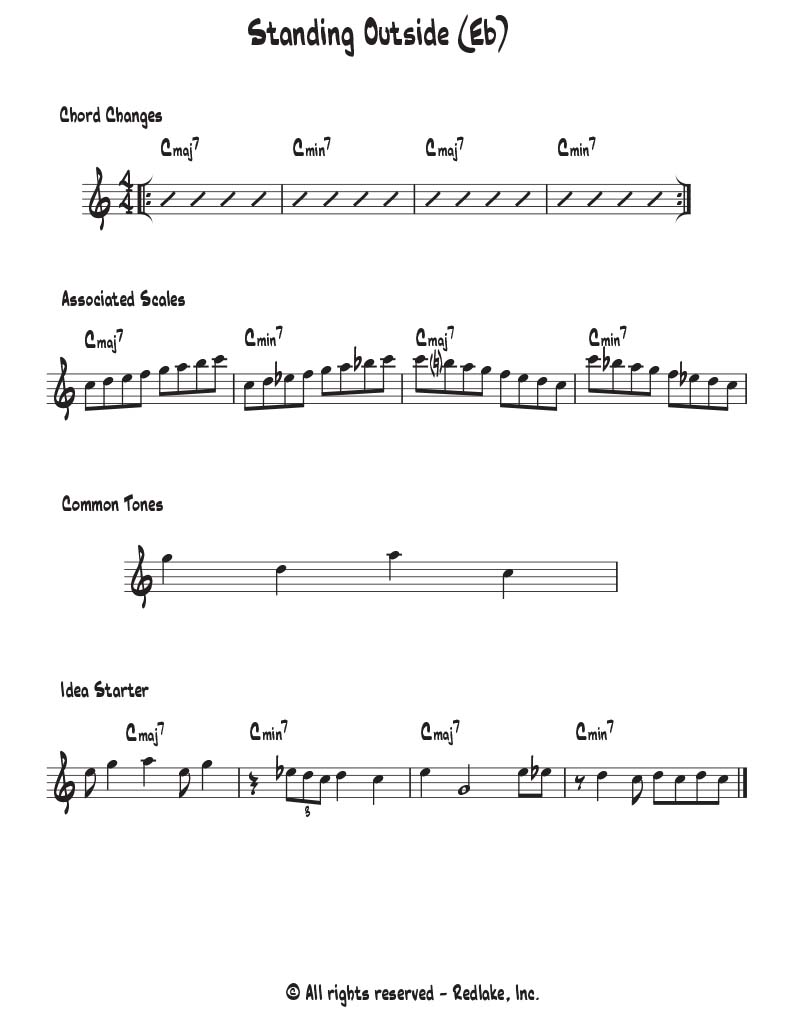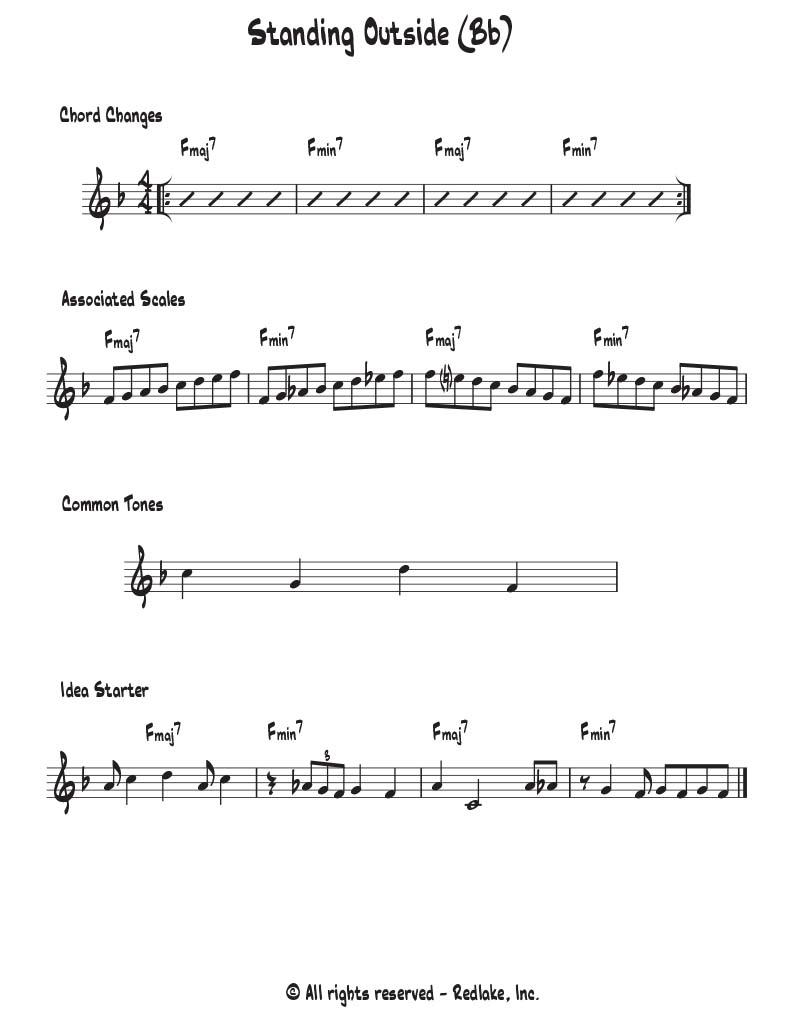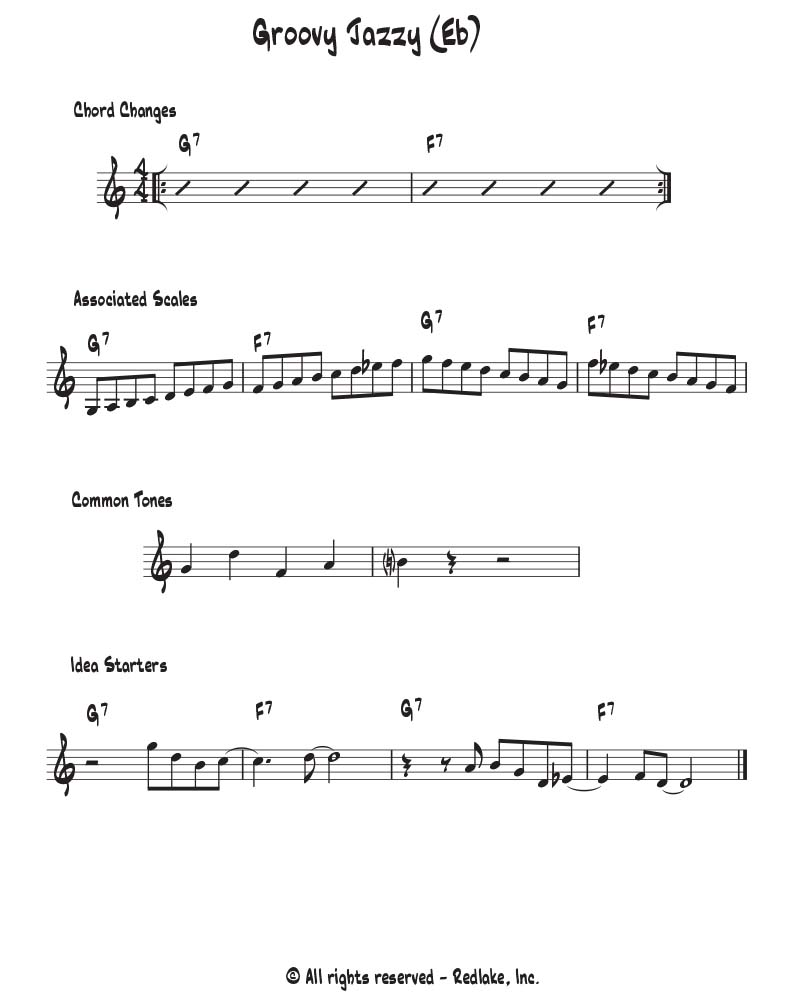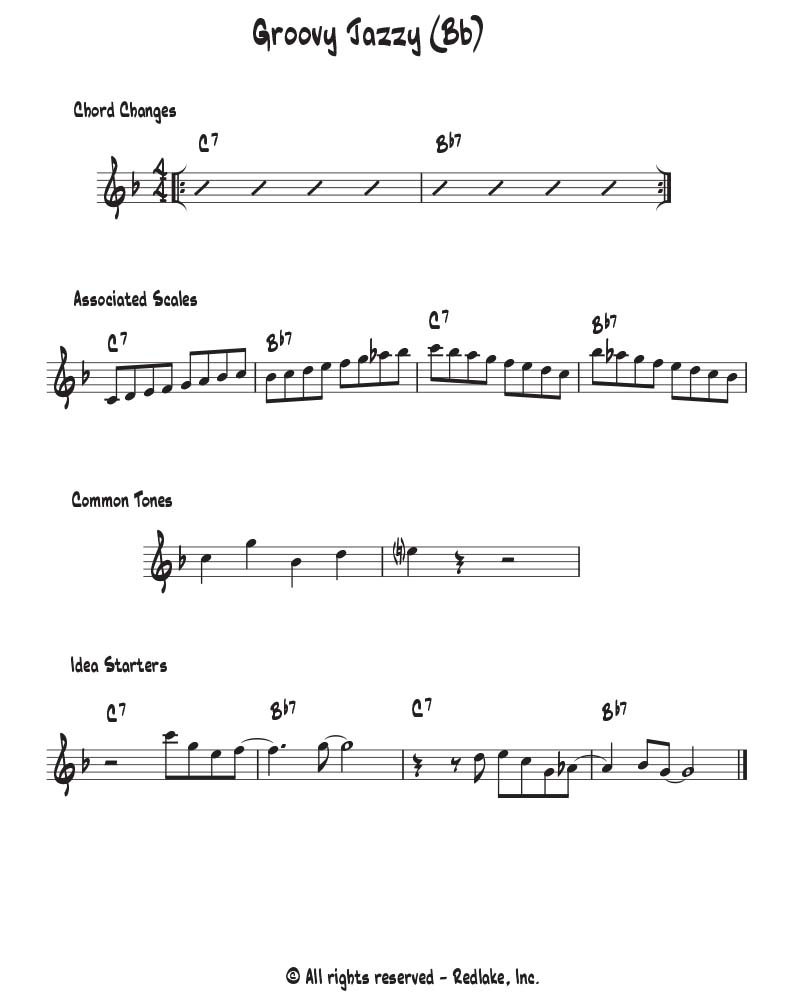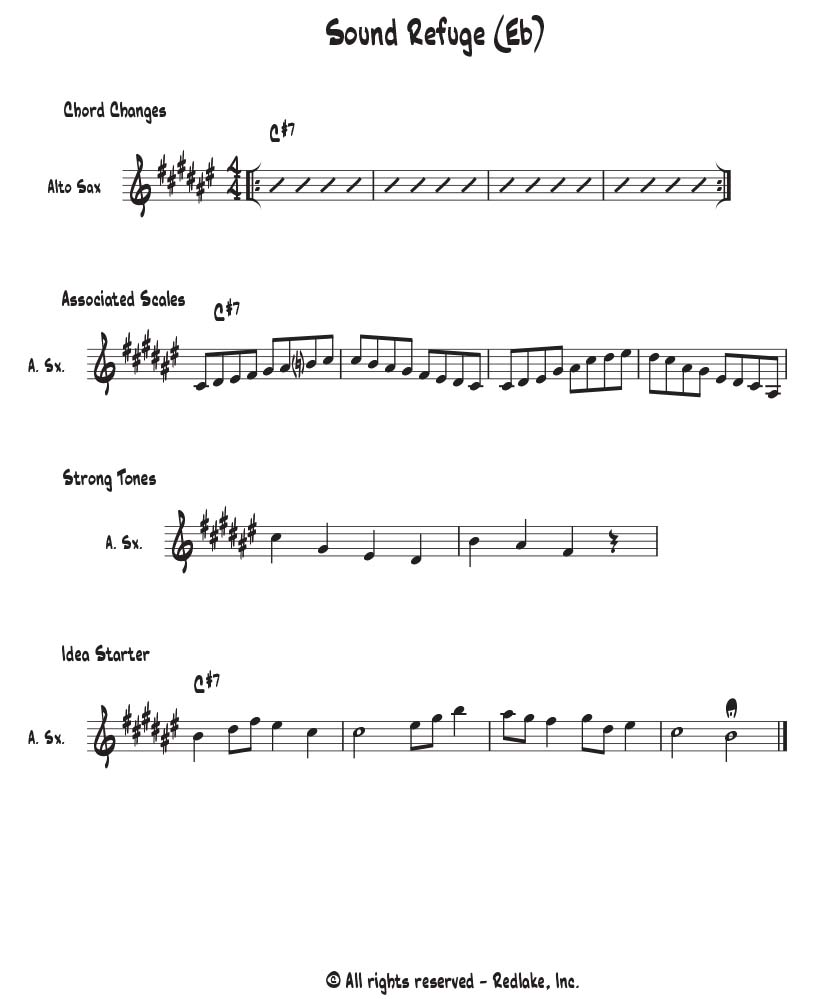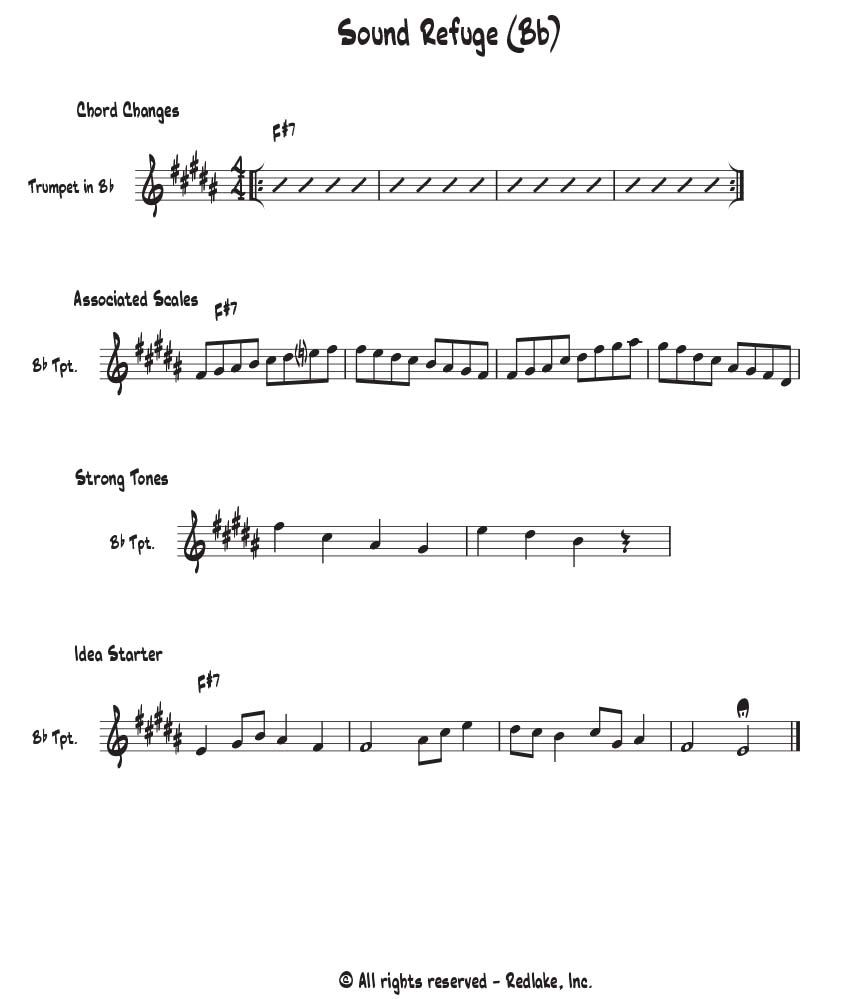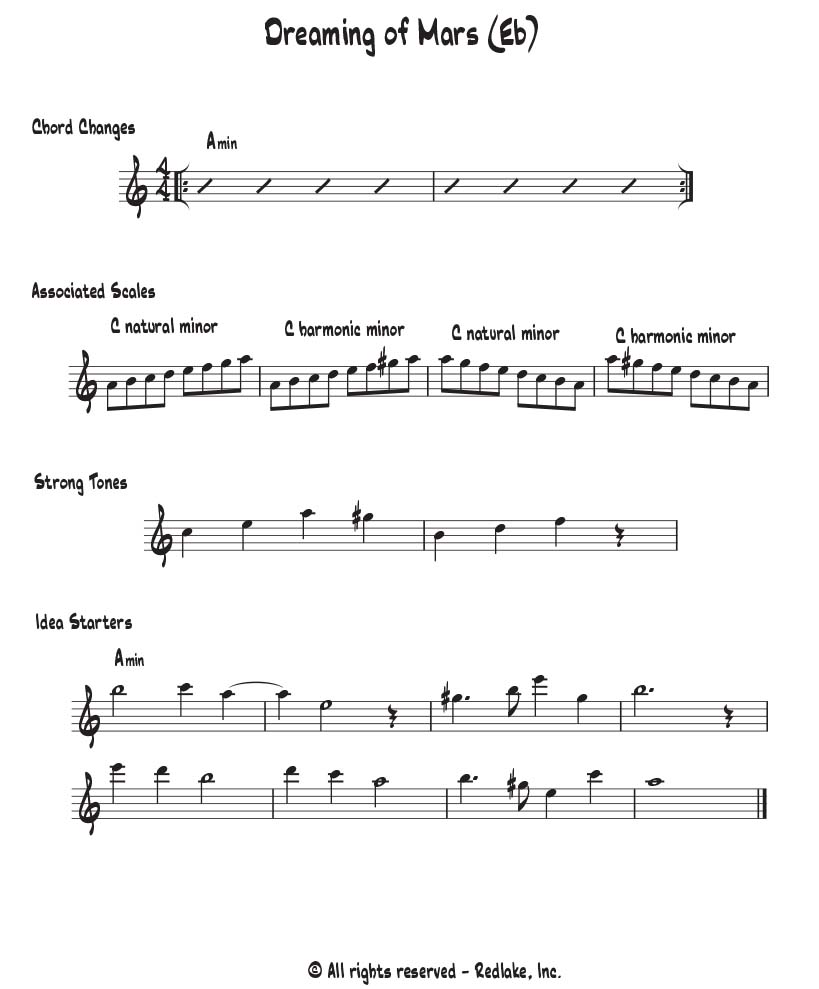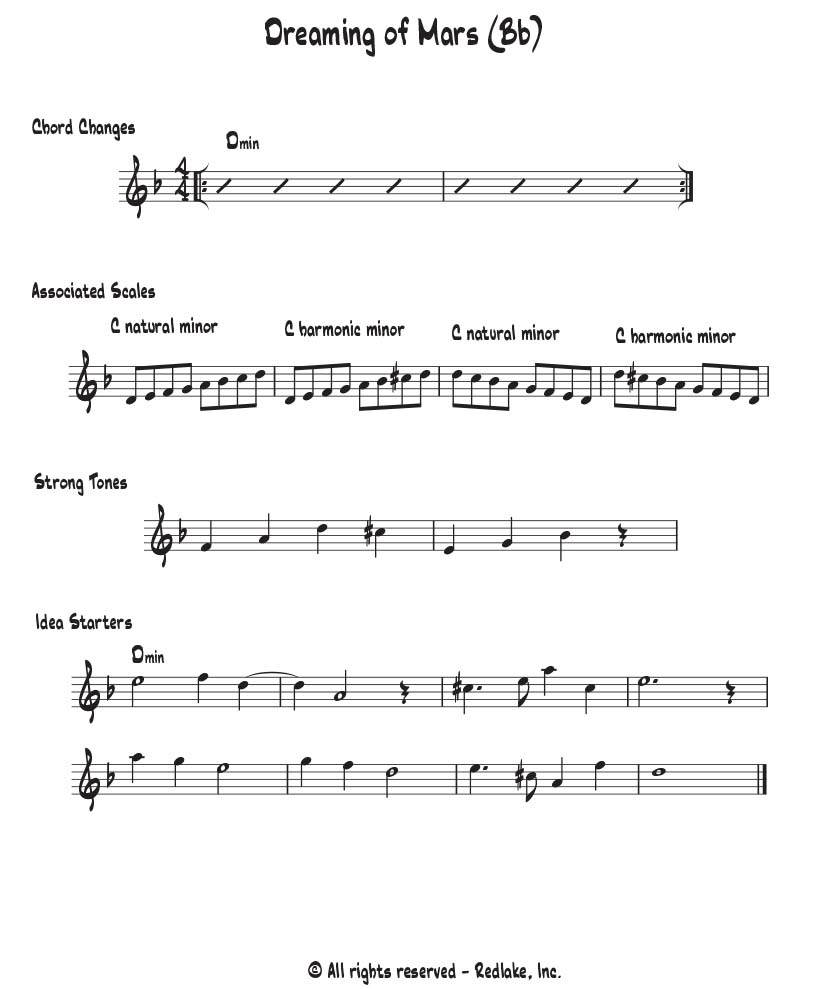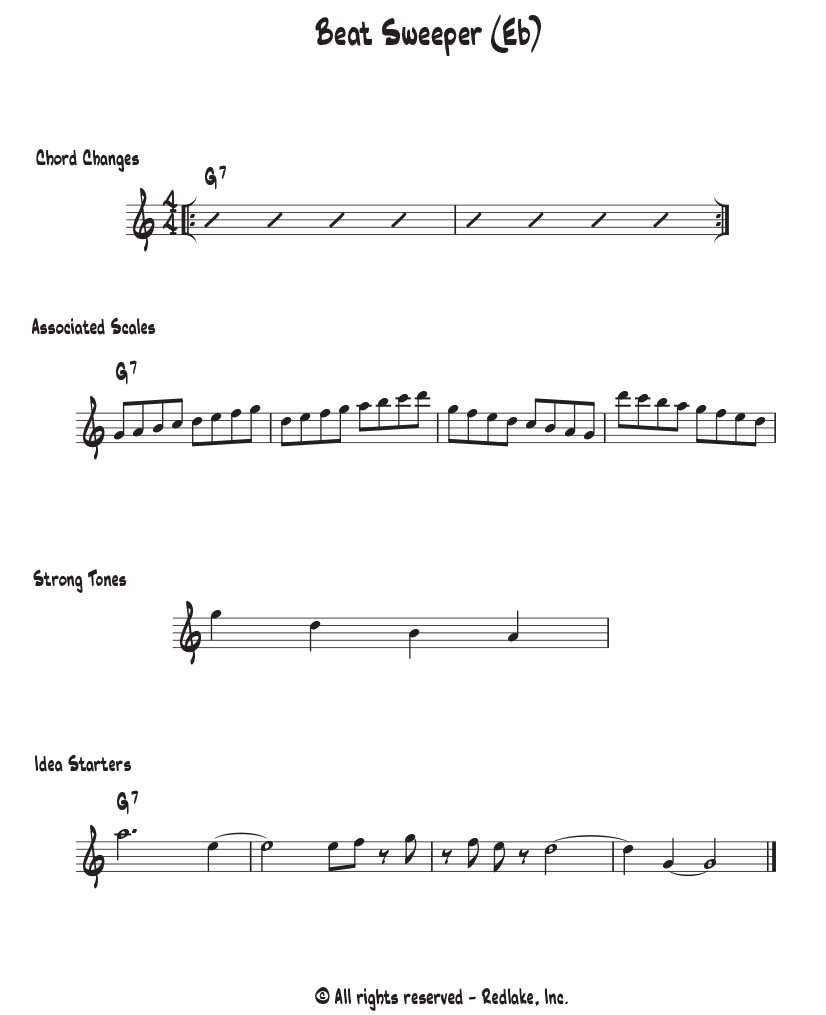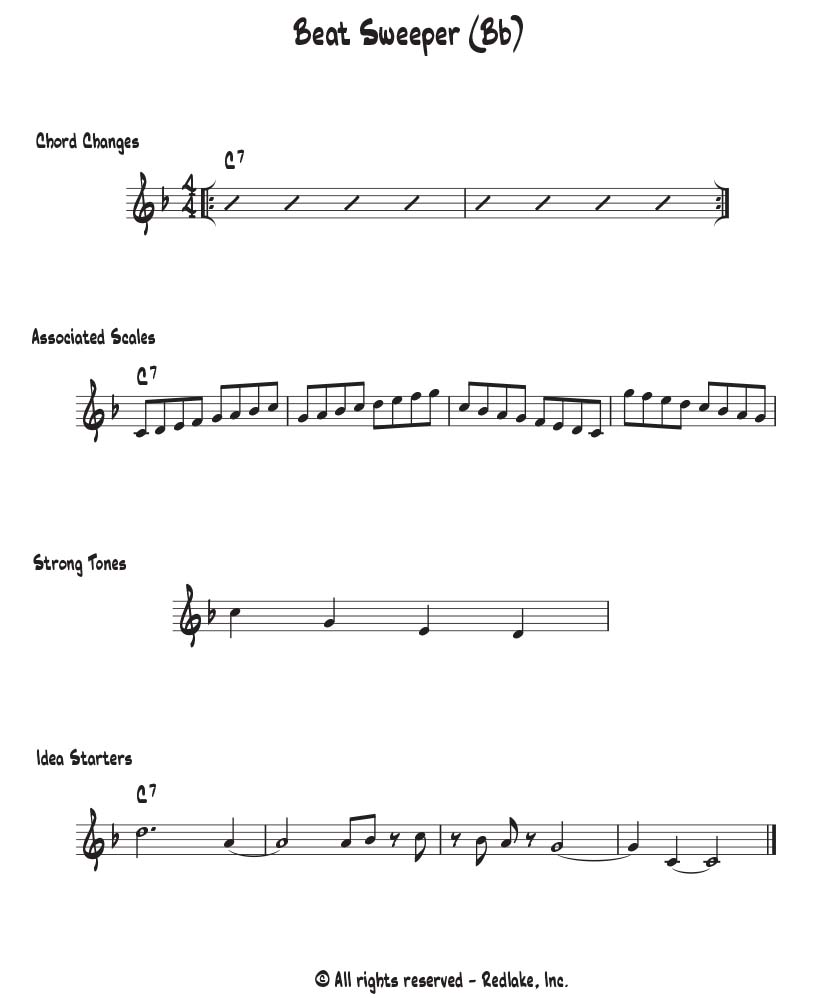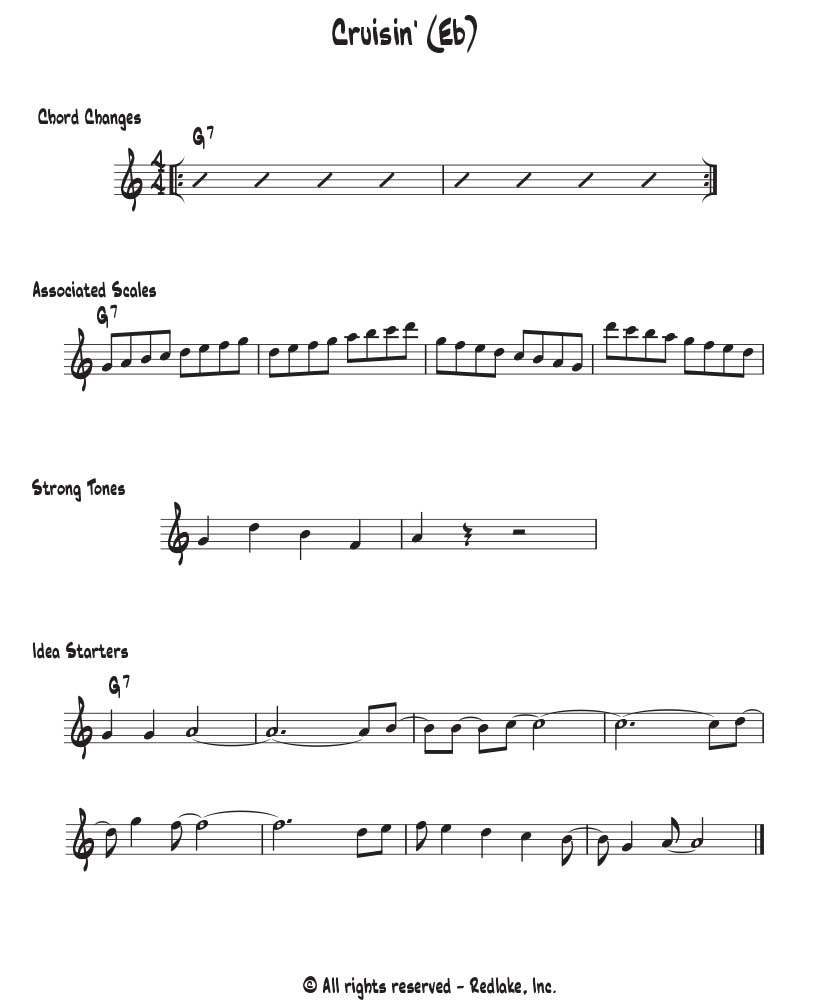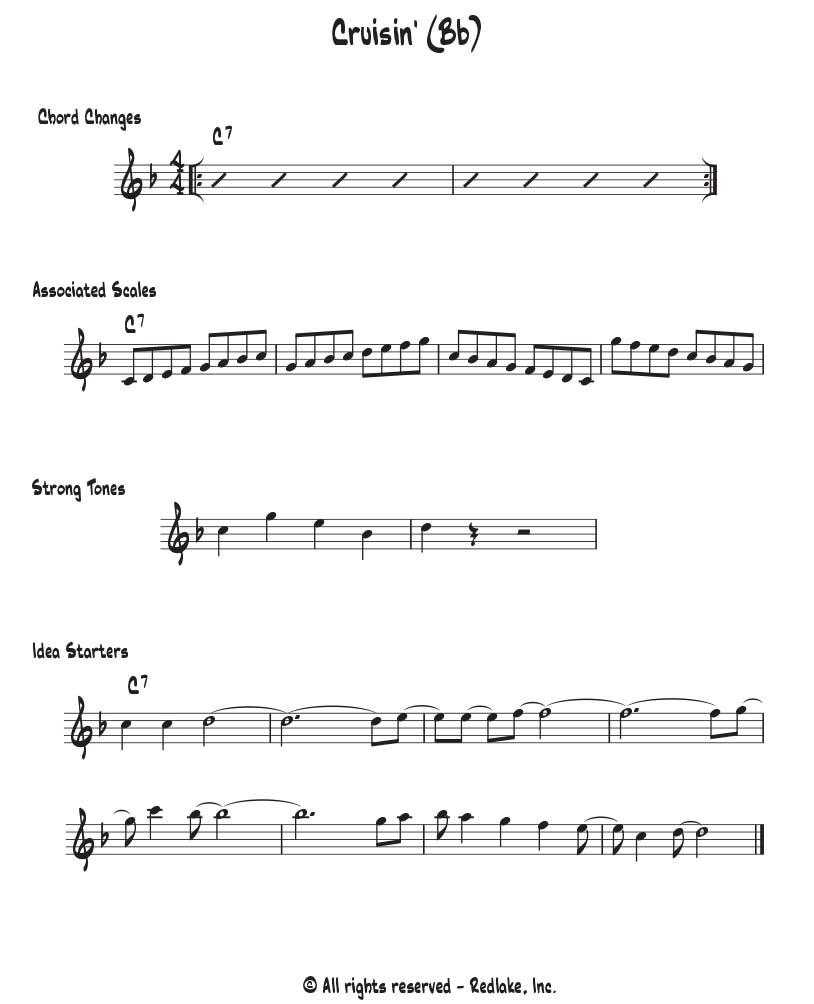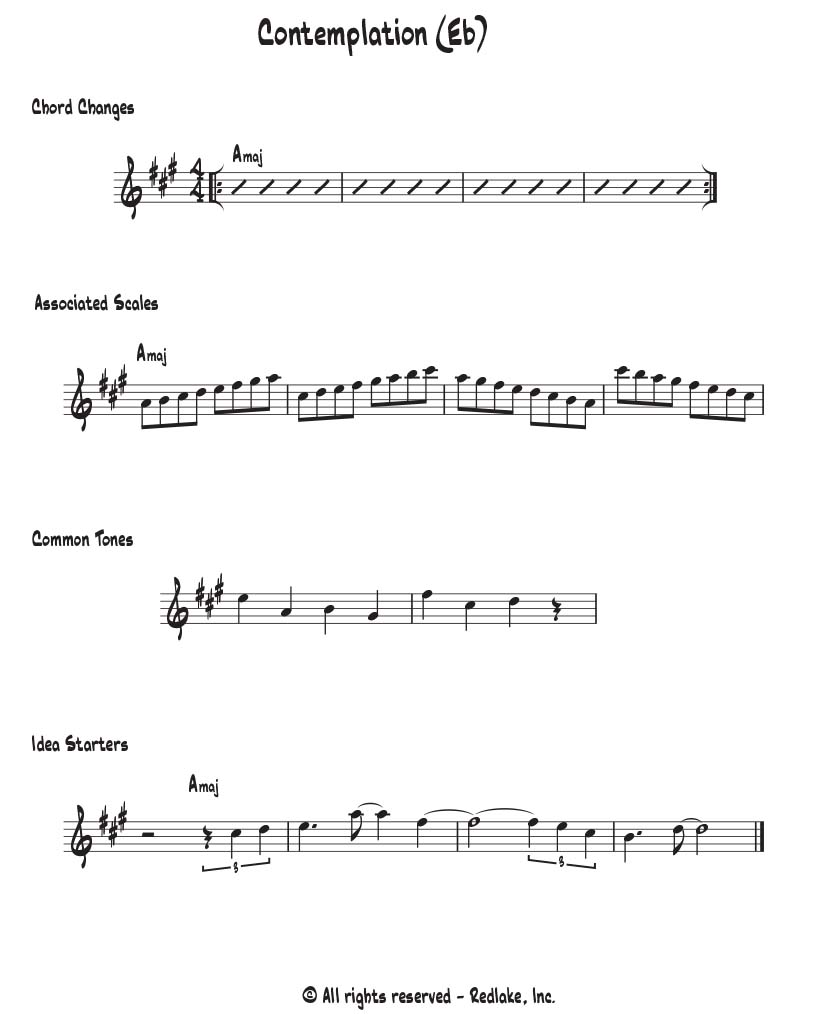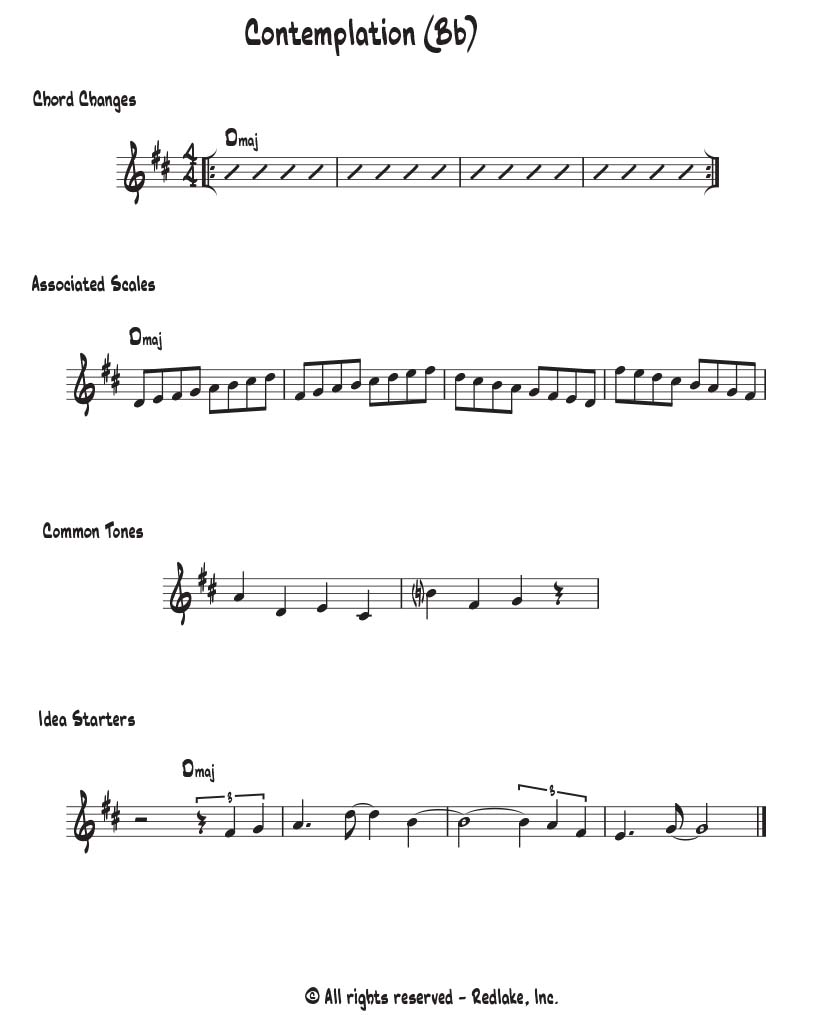Jazz Master Savvy
Fascinating in-depth conversations with masters
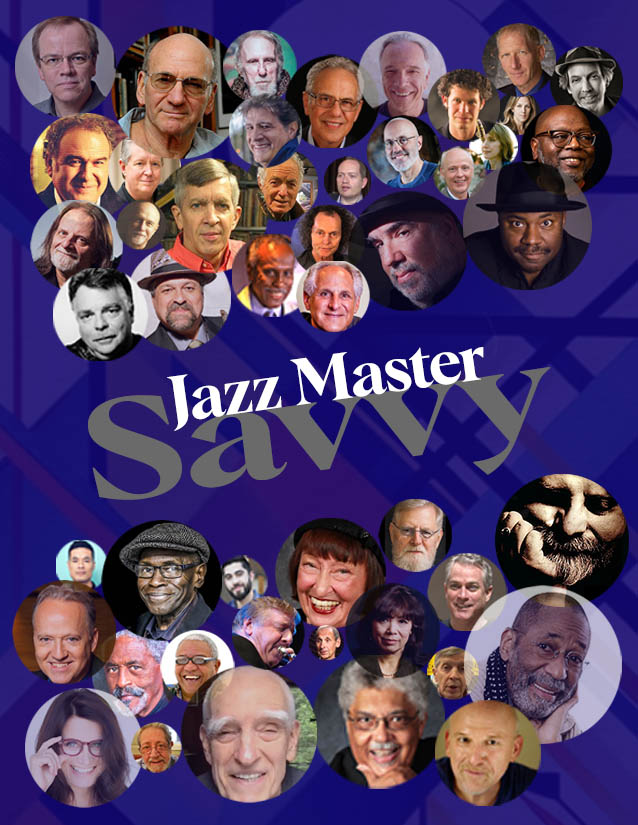
Imagine all you could learn from some of the greatest jazz players and thinkers alive.
I recorded nearly 60 video conversations lasting 60-90 minutes each with musicians hand-picked for their knowledge, wisdom, and clarity of insight. I asked the important questions of them that you want to hear the answers to. Here’s what you’ll experience with the Jazz Master Savvy interview series:
- I asked Ron Carter to explain good time
- I asked Richie Beirach how to interact and improvise within a group
- I asked Lenny White what Miles told him before the Bitches Brew sessions
- I asked Toshiko Akiyoshi about the stories she tells through her music
- I asked Bobby Shew, Lew Tabackin, Randy Brecker, and others how to practice well
- I asked Charles McPherson how to connect ones mind to their instrument
- I asked Dave Liebman how one finds their authentic musical voice
- I asked Sheila Jordon what it was like to hang out with Bird
- I asked Jamey Aebersold how best to use play-alongs
And all that just scratches the surface of everything I covered in the over 75 hours of these fascinating conversations.

Lifetime access: $19.00
But these are more than simple video interviews...
Most every interview within the Jazz Master interview series has a detailed time-stamped index of the topics discussed. Click the pop-up button, find the topic, and go to that time on the video.
Of course, you’re also encouraged to listen to the entire interview since they are all packed with gems of interesting stories and knowledge to help you play better.
After each interview I pose to you a thoughtful question.
The questions are not for testing your detailed memory of everything said, but instead they ask you to think about your own playing as it relates to something mentioned in the interview. No grade. No evaluation. No judgement. Just getting you to think a little deeper about your playing.
For example, the question asked in Toshiko Akiyoshi’s interview is:
In her interview, Toshiko spoke about the importance of telling a story in her music. What might be a story you are telling or could tell in your music – either through your improvisation or your composing?
What will you gain from Jazz Master Savvy?
Perspective
See how masters think about the music in ways that you can apply to elevate your own playing.

The great drummer Adam Nussbaum talked about how tonal instrumentalists can play the “perfect” notes in a solo but with poor time, and you will sound bad. But you can play questionable notes with great time, and all is forgiven. And while you might expect that from a drummer, Richie Beirach, Dave Liebman, Ron Carter and others talked about this aspect of time in jazz.
Tips on practicing
Learn new ways to practice playing jazz that will develop the special skills needed for playing jazz.

Saxophone legend Charles McPherson explained an exercise that helps connect left and right brain, or to think of it differently, to connect your musical mind to your instrument. In a slightly different way of explaining it, I also demonstrated this in my workshop video at the end of the series.
Stories about legends
Listen to entertaining stories about jazz legions that also provide important lessons.
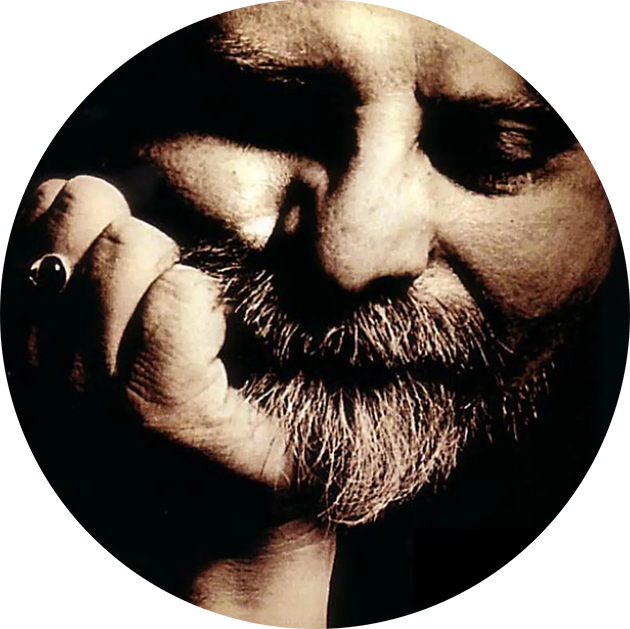
The great pianist Richie Beirach told the story of being in the rhythm section for Chet Baker along with Edide Gomez and Eliot Zigmund. One night while in the middle of playing a ballad, Chet stopped playing, got on the mic, and yelled that Richie was playing too f@$king loud. Hear Richie explain the invaluable lesson he never forgot from that night.
Knowledge of jazz history
Hear behind the scene stories about musicians and bands that were part of jazz history.
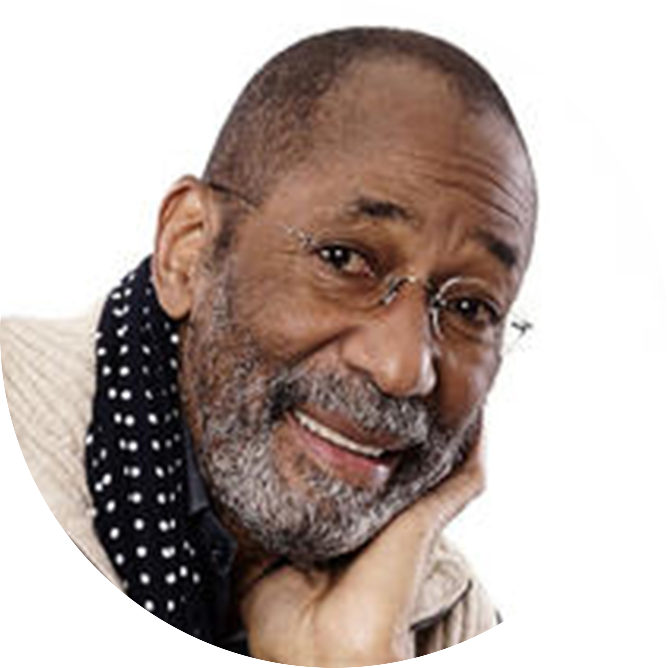
Ron Carter talked about the second great quintet of Miles Davis. He spoke about the revolutionary spontaneity of rehearsals and gigs. Dave Liebman also shares stories about in his conversation about his experience in later Miles groups as did Lenny White about recording Bitches Brew.
Musical flow
Experience how master musicians achieve extraordinary flow and how you can do the same.

Legendary bassist Steve Swallow describes how at his best moments performing, it is as if he is simply watching his fingers move in all the perfect places. Richie Beirach also talks about this sharing an enlightening conversation he had many years ago with Herbie Hancock.
Practical psychology
Understand why what you do with your brain is 10 times more important than what you do with your fingers.

Psychologist and musician Dr. Rodney Brim reveals how simply turning an activity like practicing into fun and making it enjoyable helps your brain retain more and produce far better results for you.
Improve your playing and your outlook on jazz through these fascinating conversations within the Jazz Master Savvy Interview series
Lifetime access: $19.00
Frequently asked questions
Most interviews with famous people are centered around their life history and resume. I did not ask much about that because I knew that their historical information was easily found elsewhere.
My purpose for these interviews was to ask questions about the music that very few interviewers ask: how they play, mistakes they see students or others make, how they think about music, their experiences recording famous albums, etc.
In fact, at the end of my conversation with Dave Liebman, he remarked that no one else asks the types of questions I did.
No. I've designed this to be flexible to your needs. You can start anywhere and jump around as you wish.
My hope, however, is that you won't exclusively watch only those interviews from your own instrument since many of the interviews cover topics larger than just that particular instrument. I selected people to interview that I thought would speak on some broader musical and other issues from which you can benefit.
All but a very few interviews are fully indexed. You just click or tap the purple button below the video for a pop-up that contains the name of the topic along with the time it was discussed on the video.
No. That word, "quiz" is built into the learning platform I used for Jazz Master Savvy. But I used that space to ask you a question that you are free to answer or not. You can easily move on if you wish not to engage.
Each of those questions at the end of each interview is designed to connect to something we discussed in the conversation and that I hope will get you thinking about that important topic in your own life and music.
Writing things down helps us clarify our thinking, so I hope that as you find an interesting question, you take a minute to write down your thoughts. Your answers are NOT public comments. They live only in your personal Jazz Master Savvy account.

